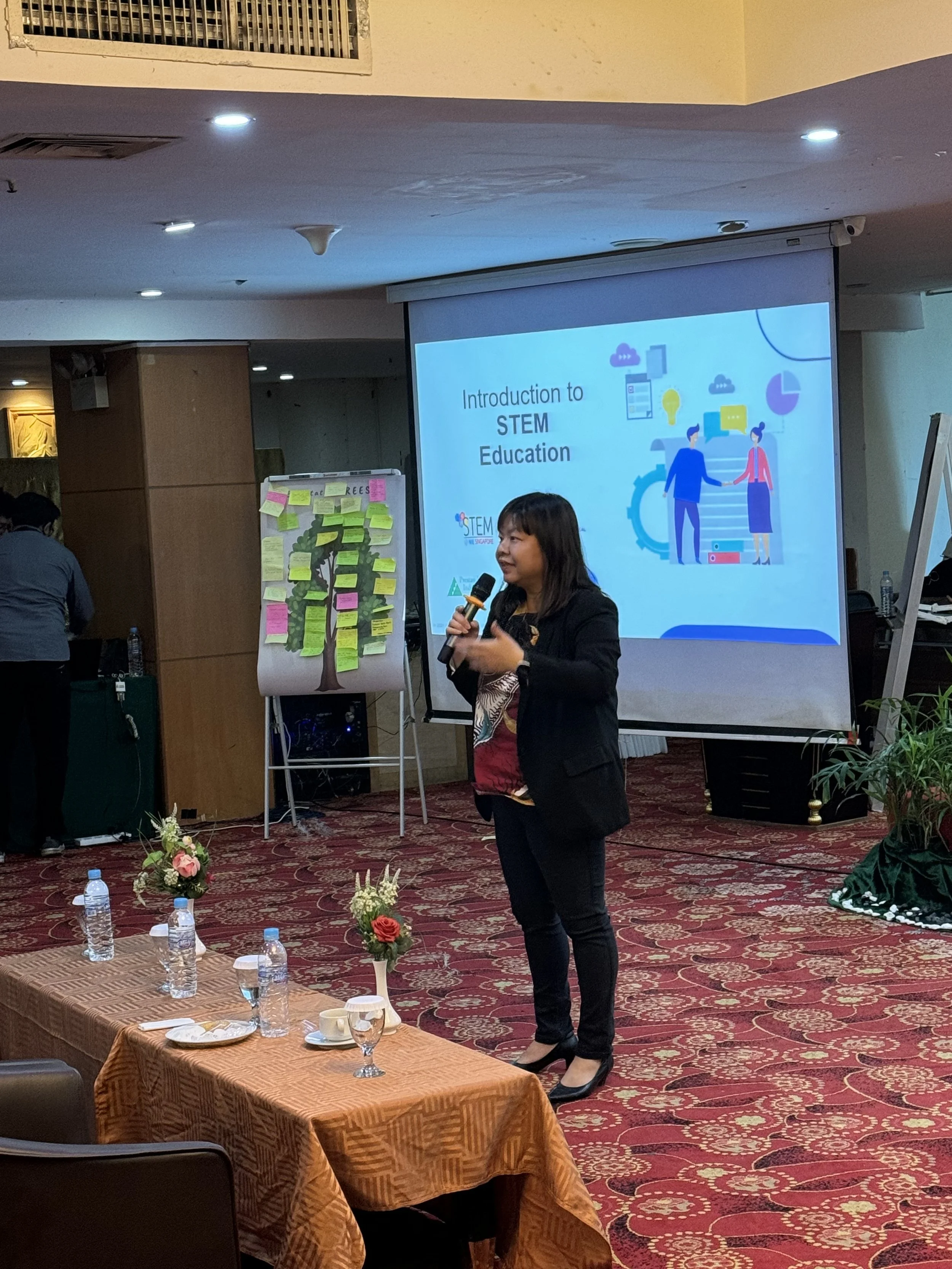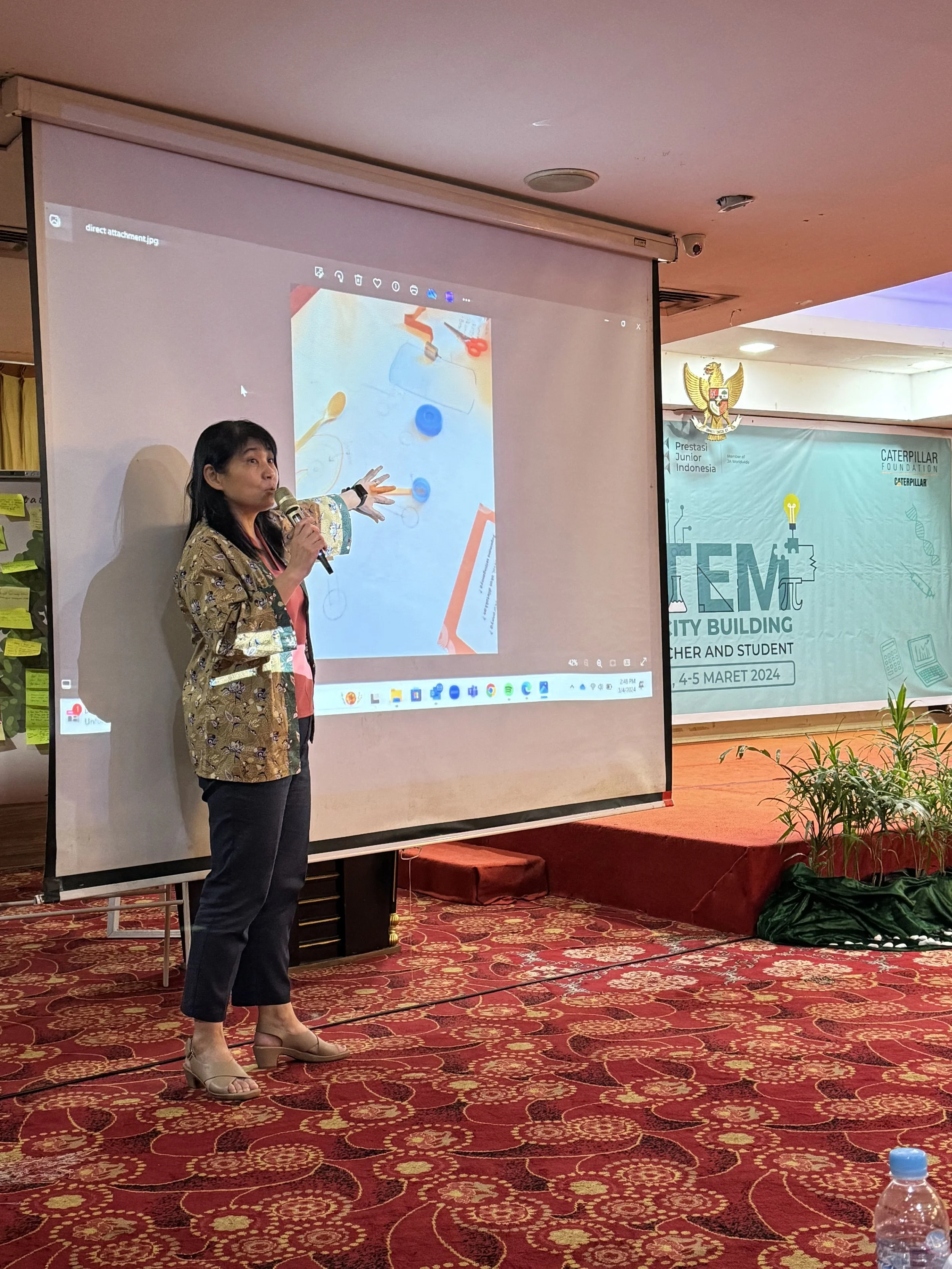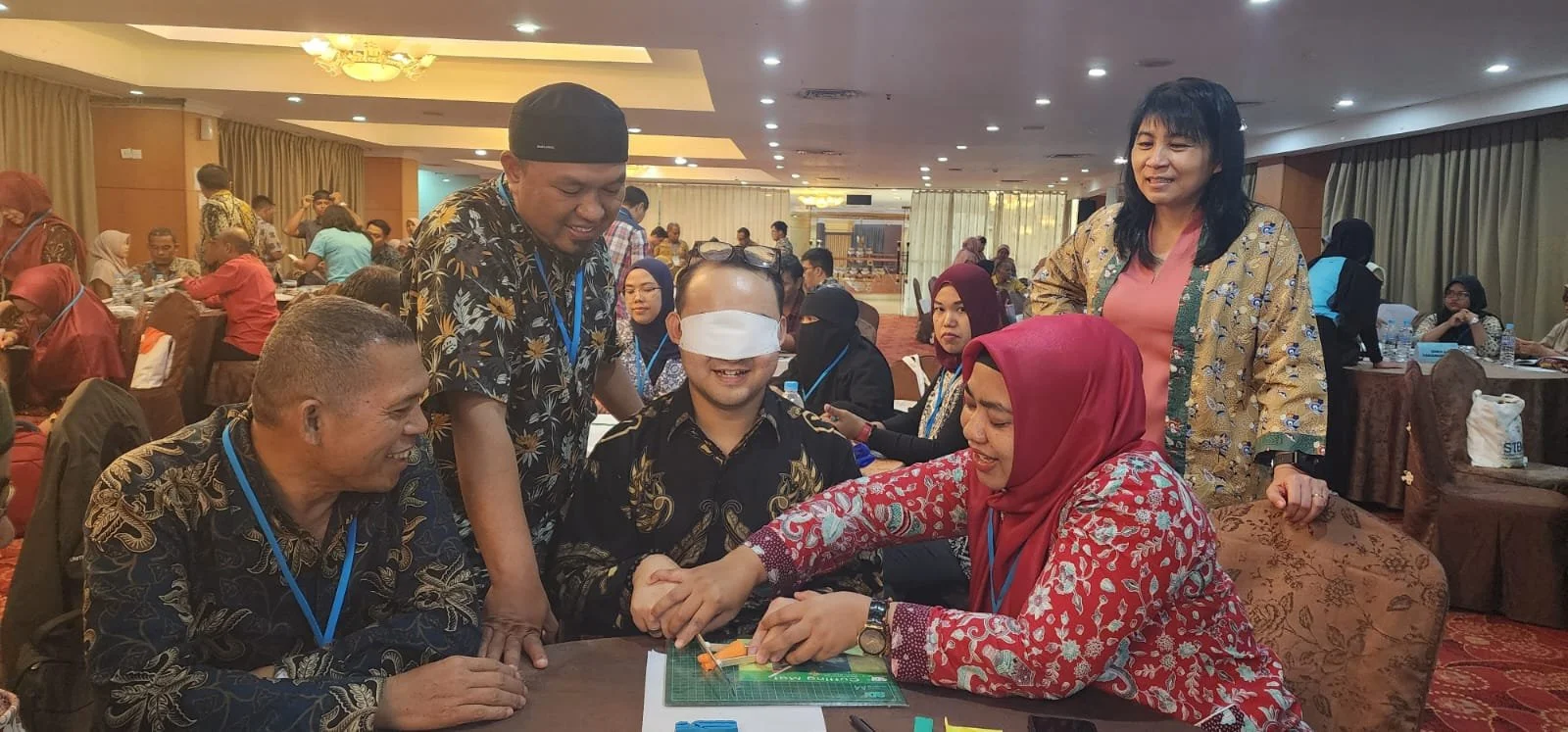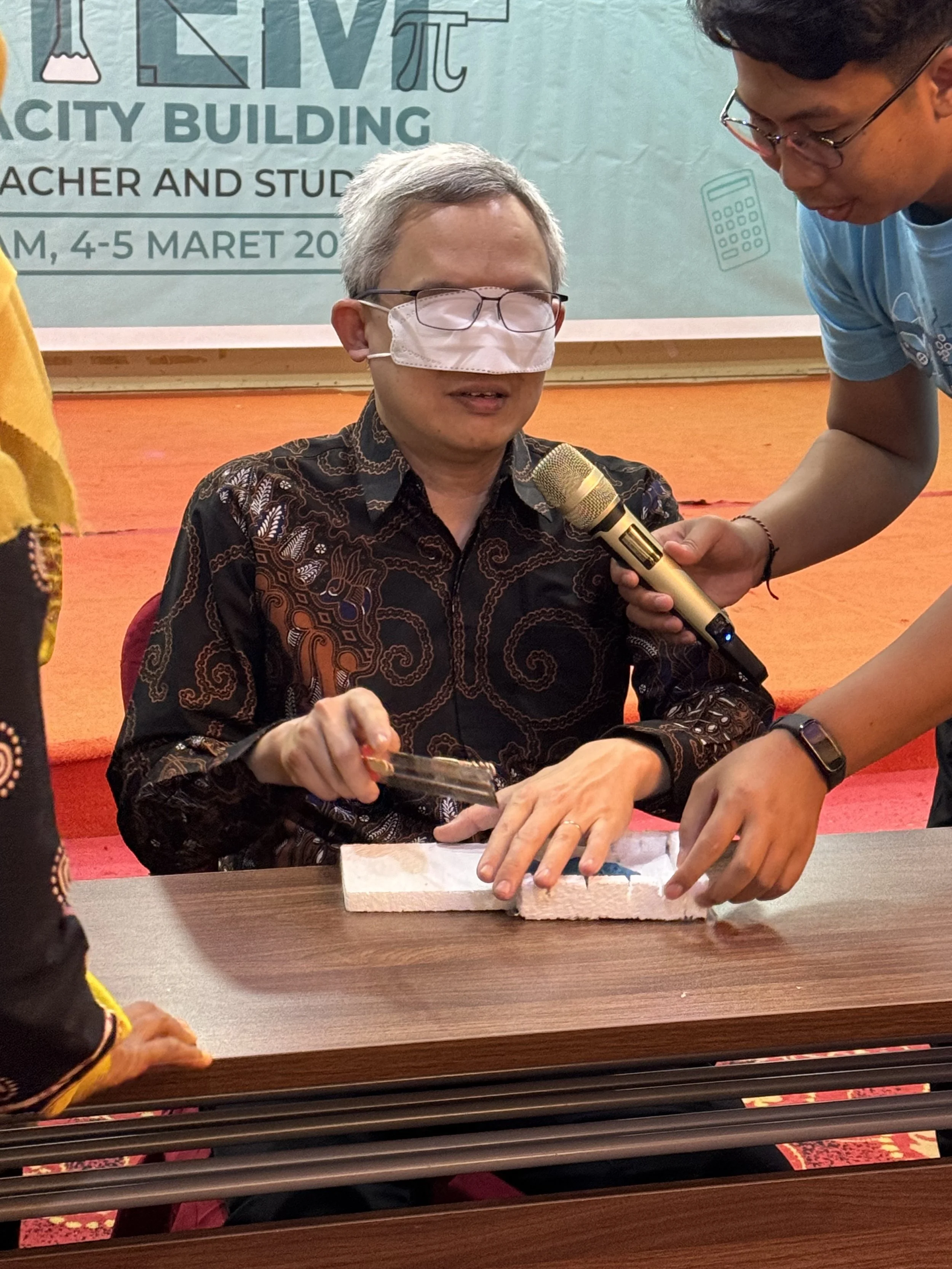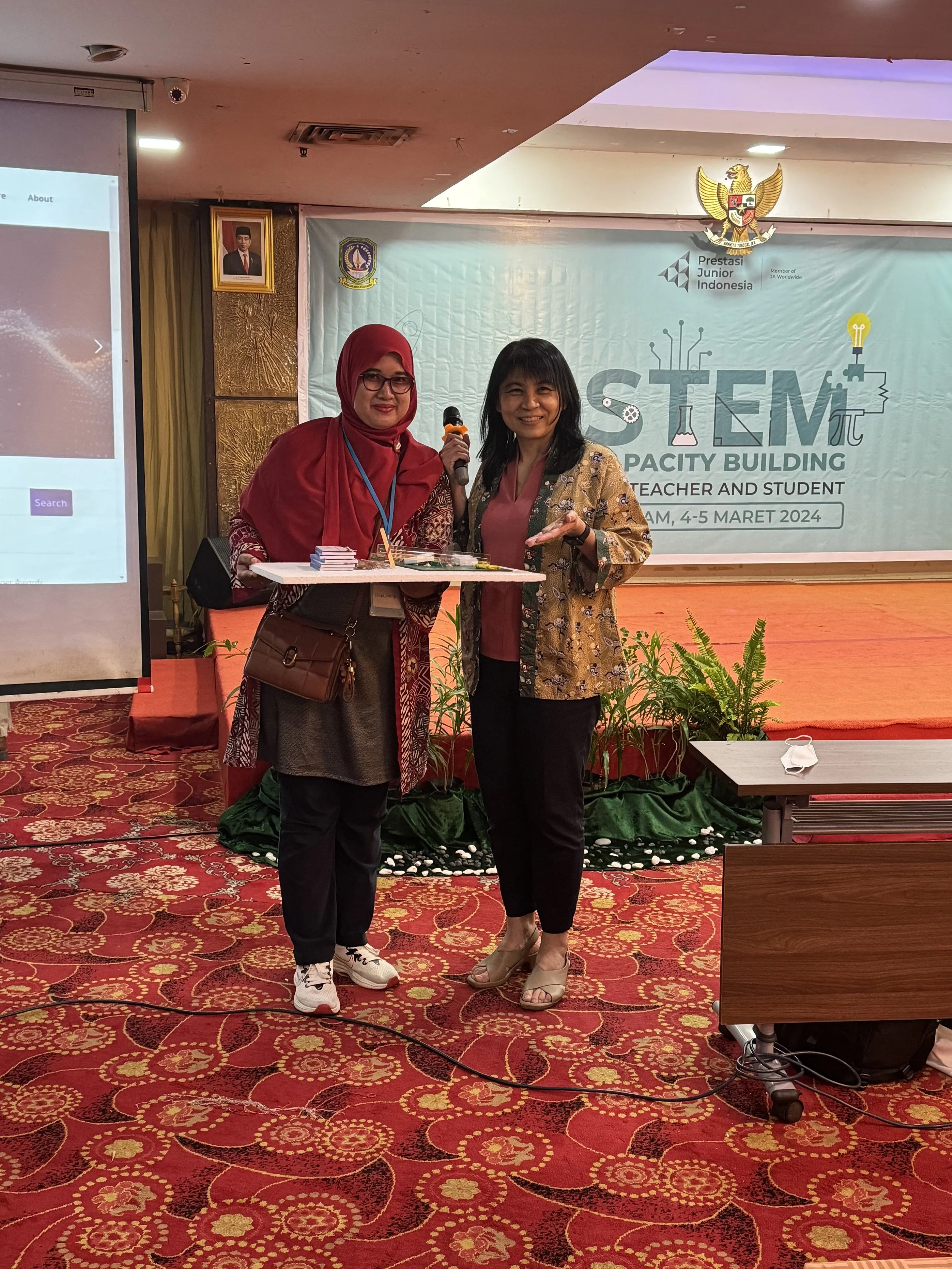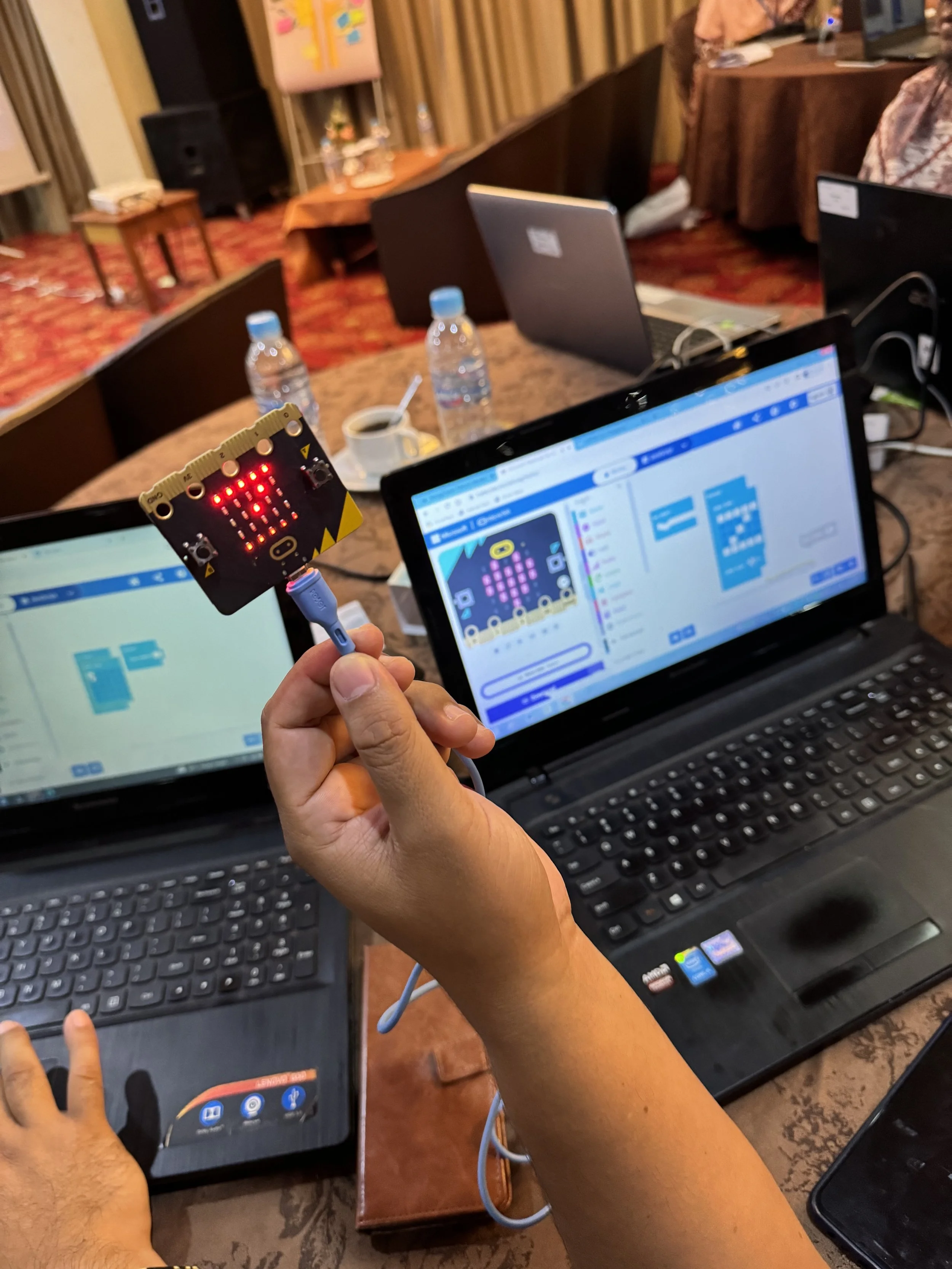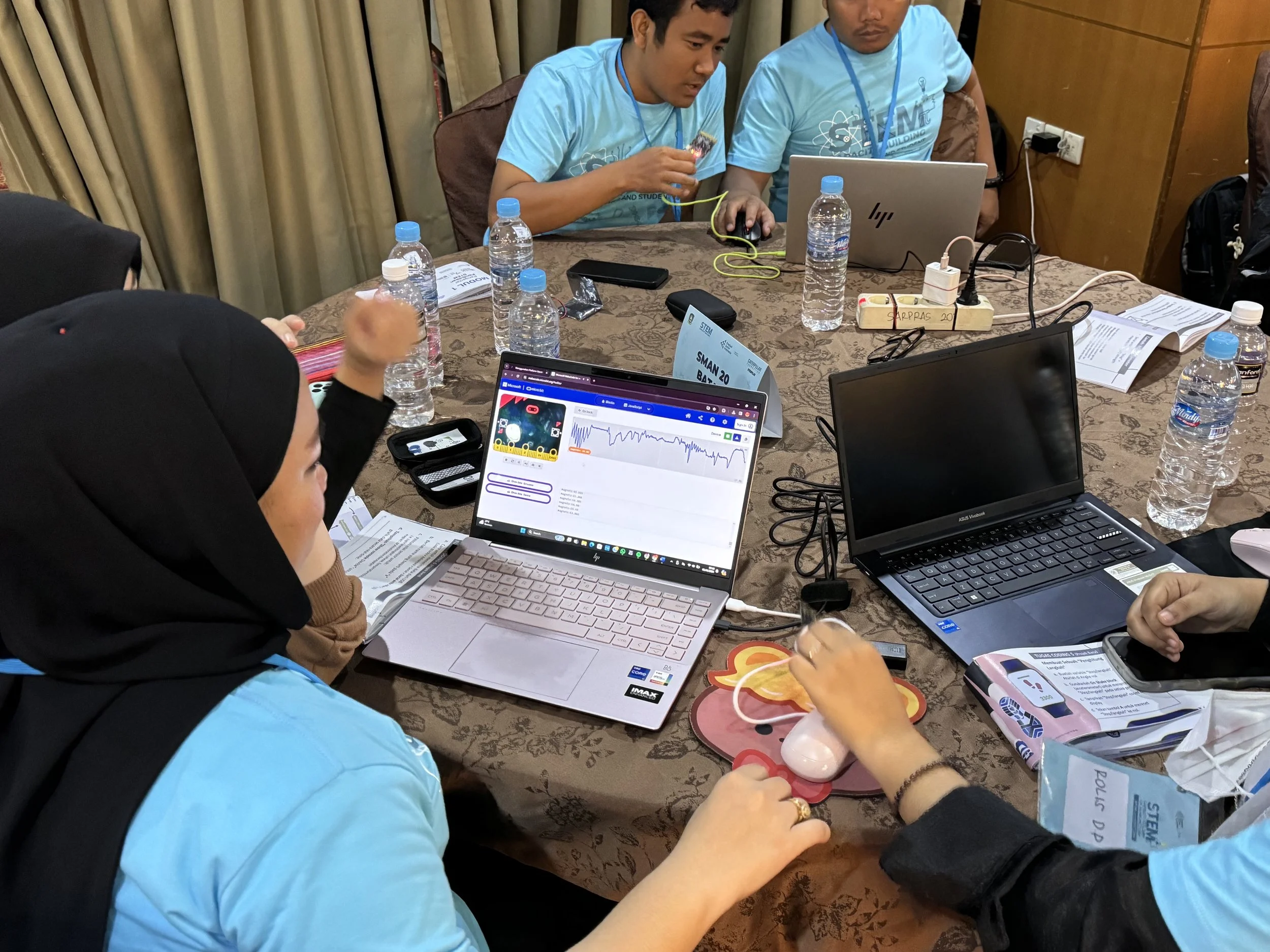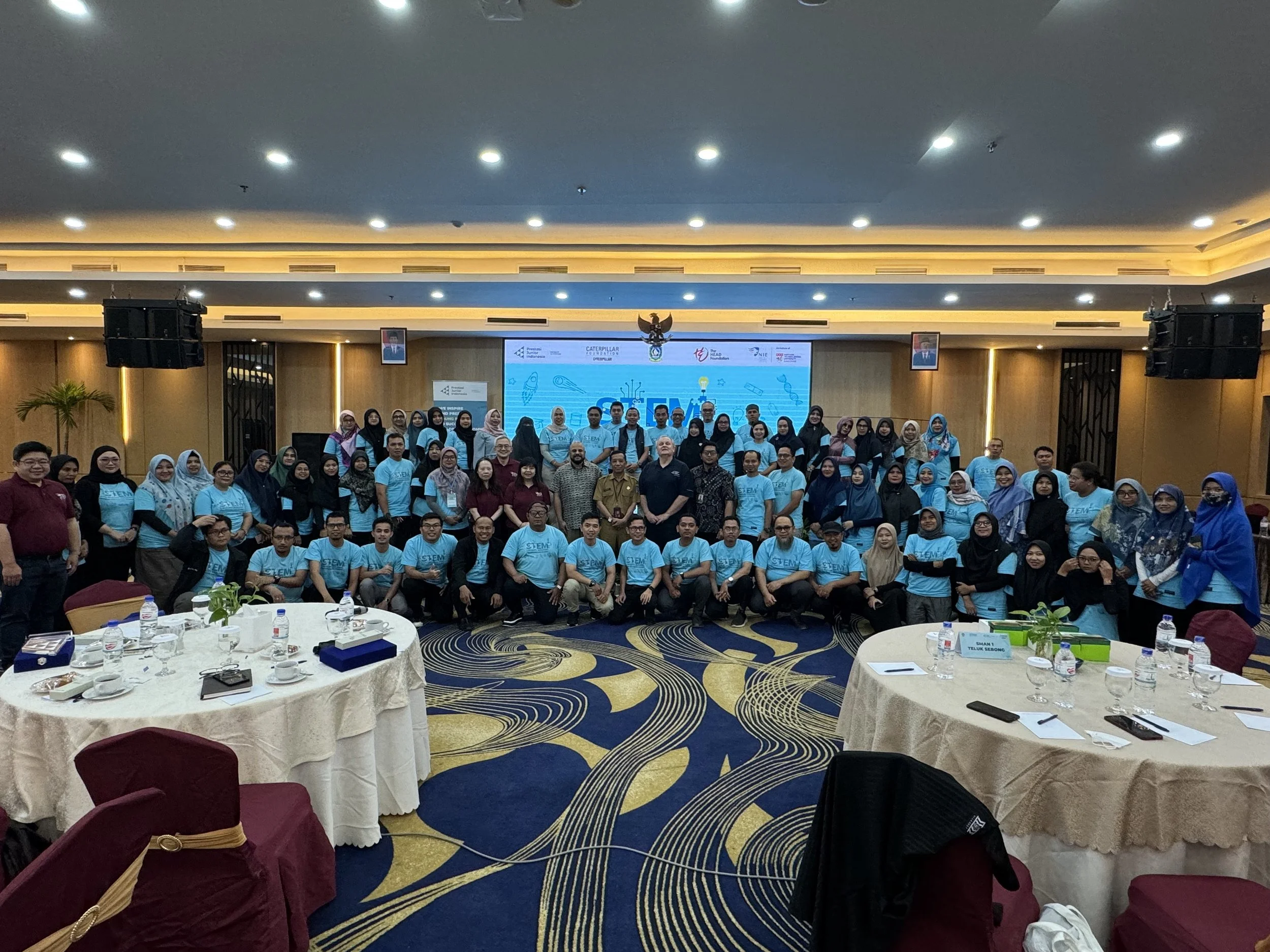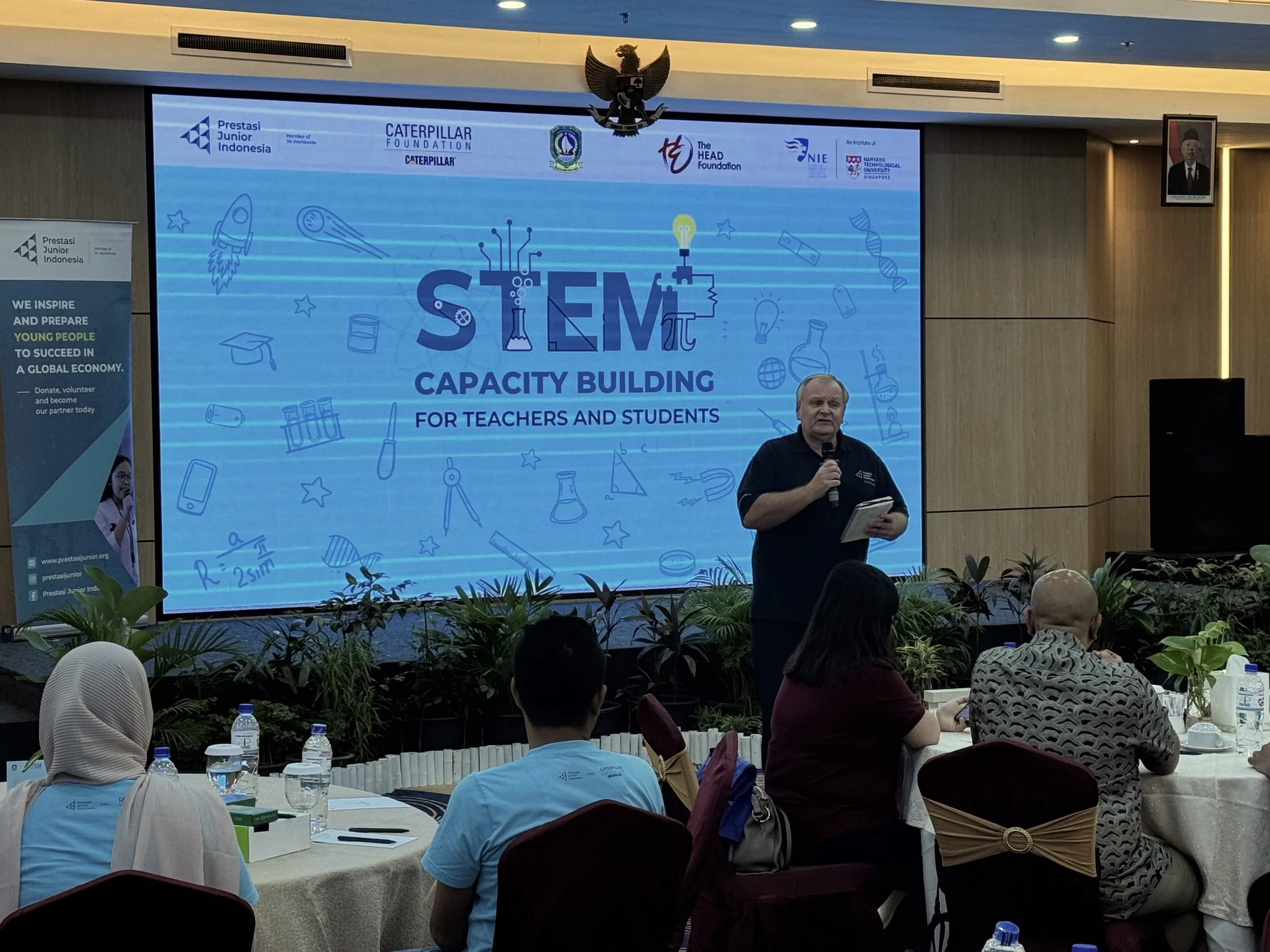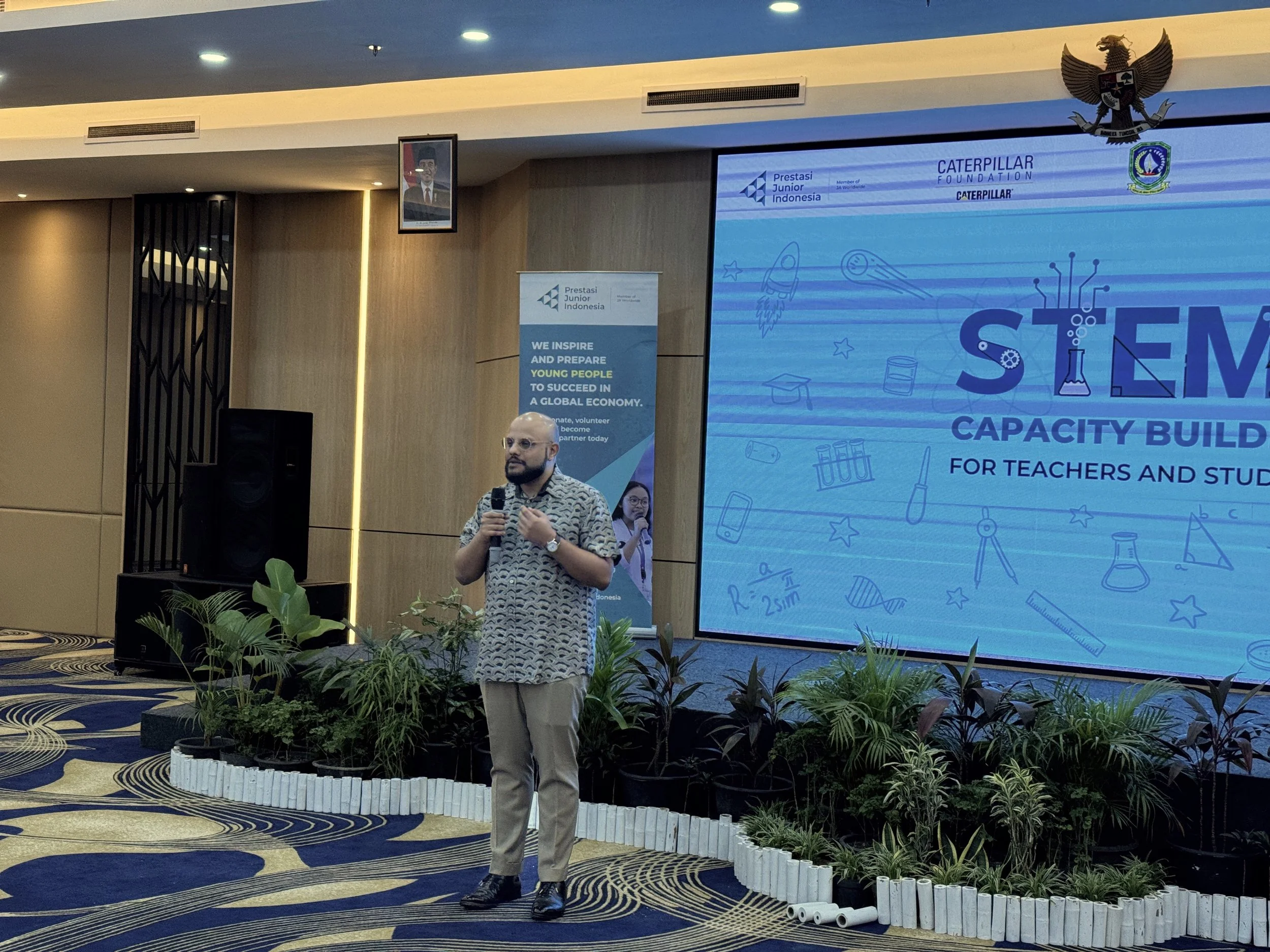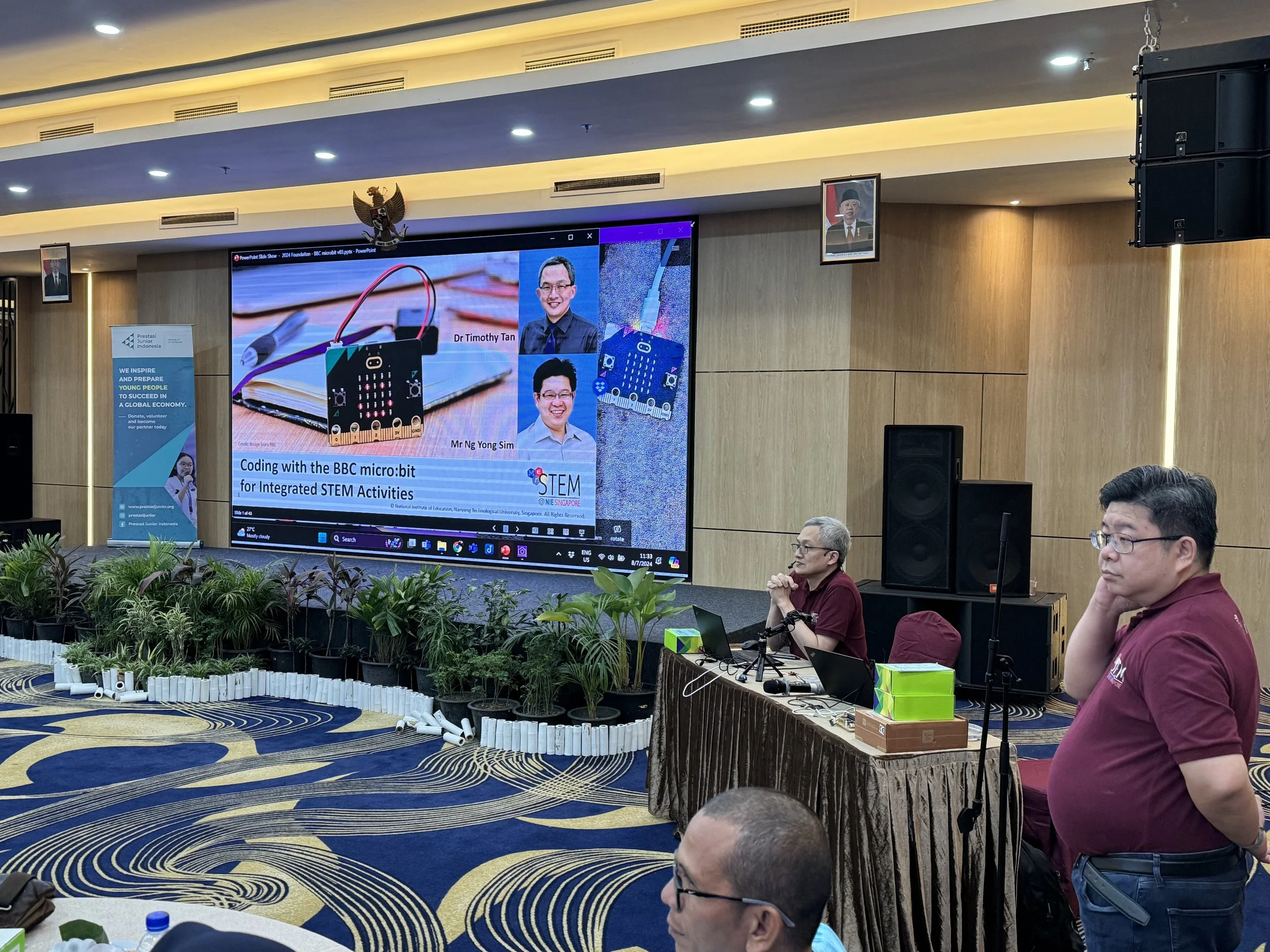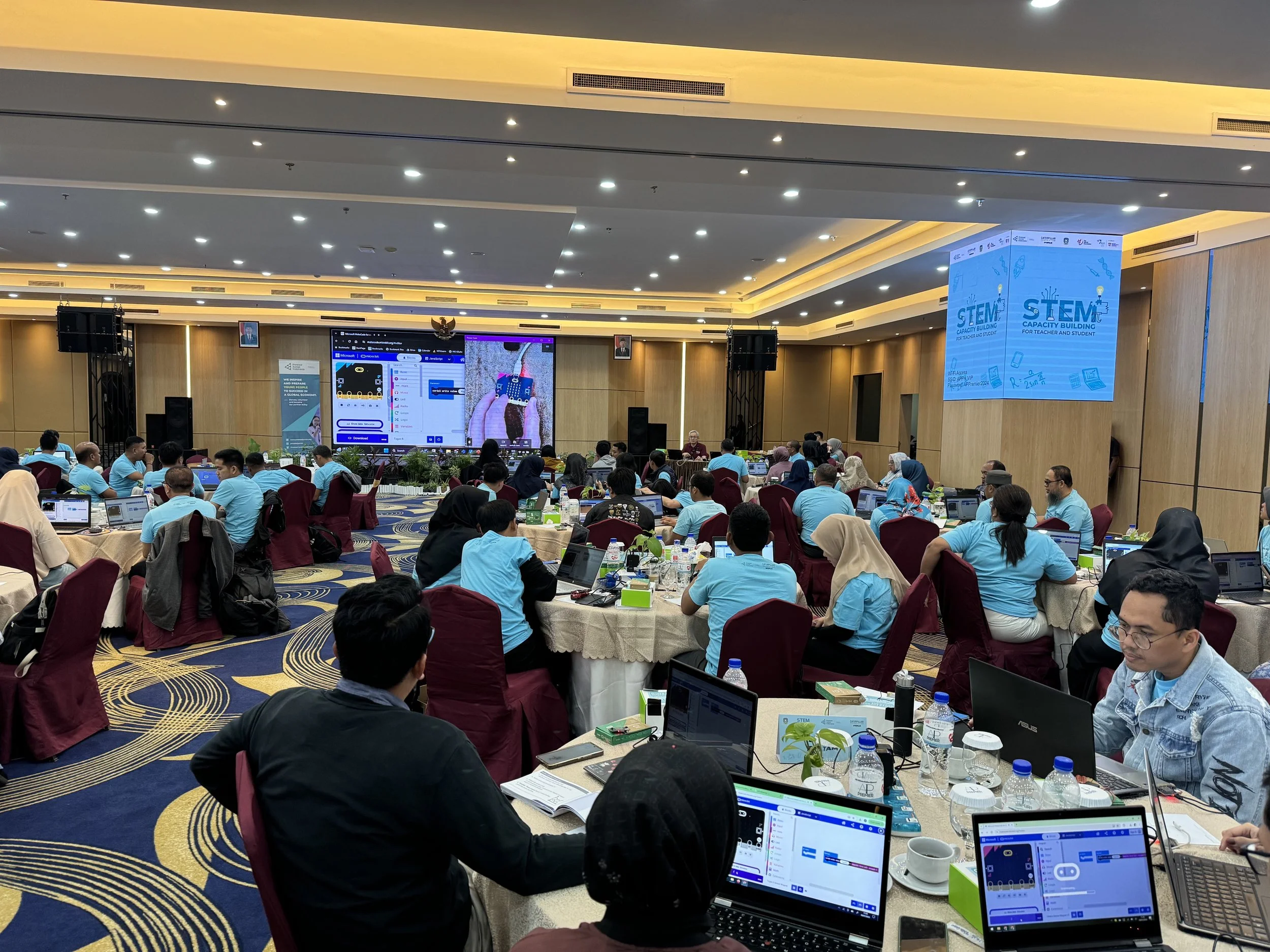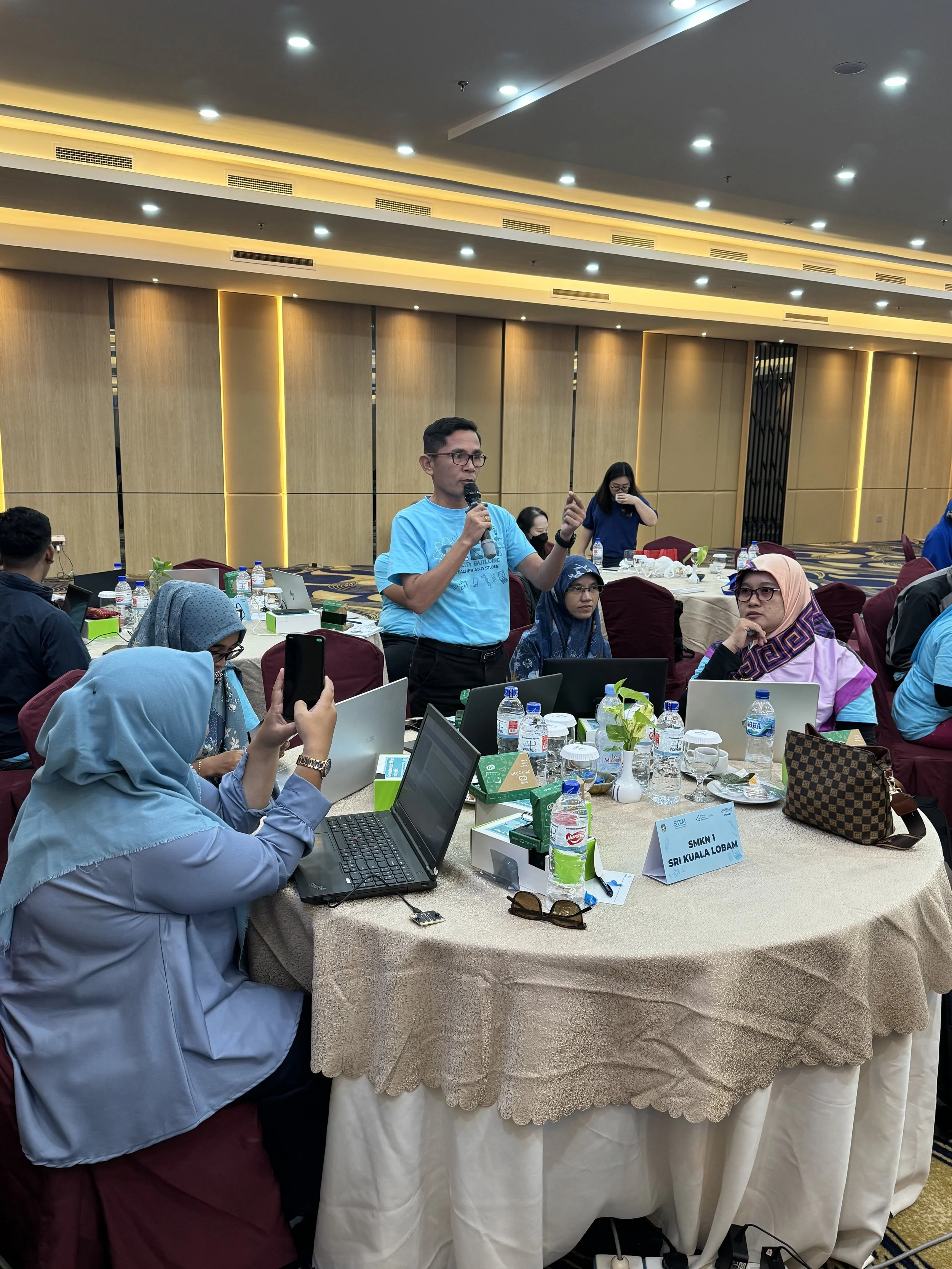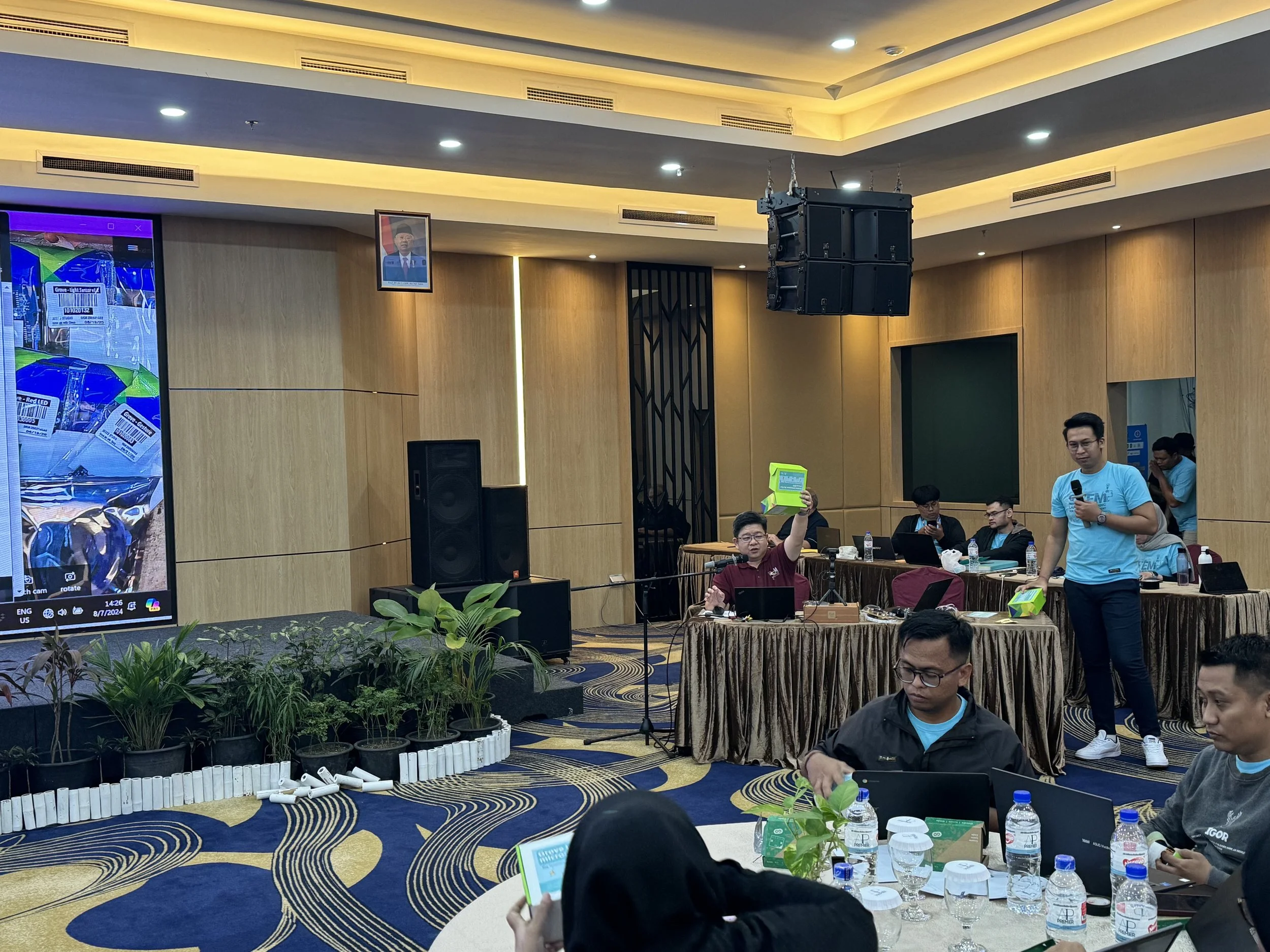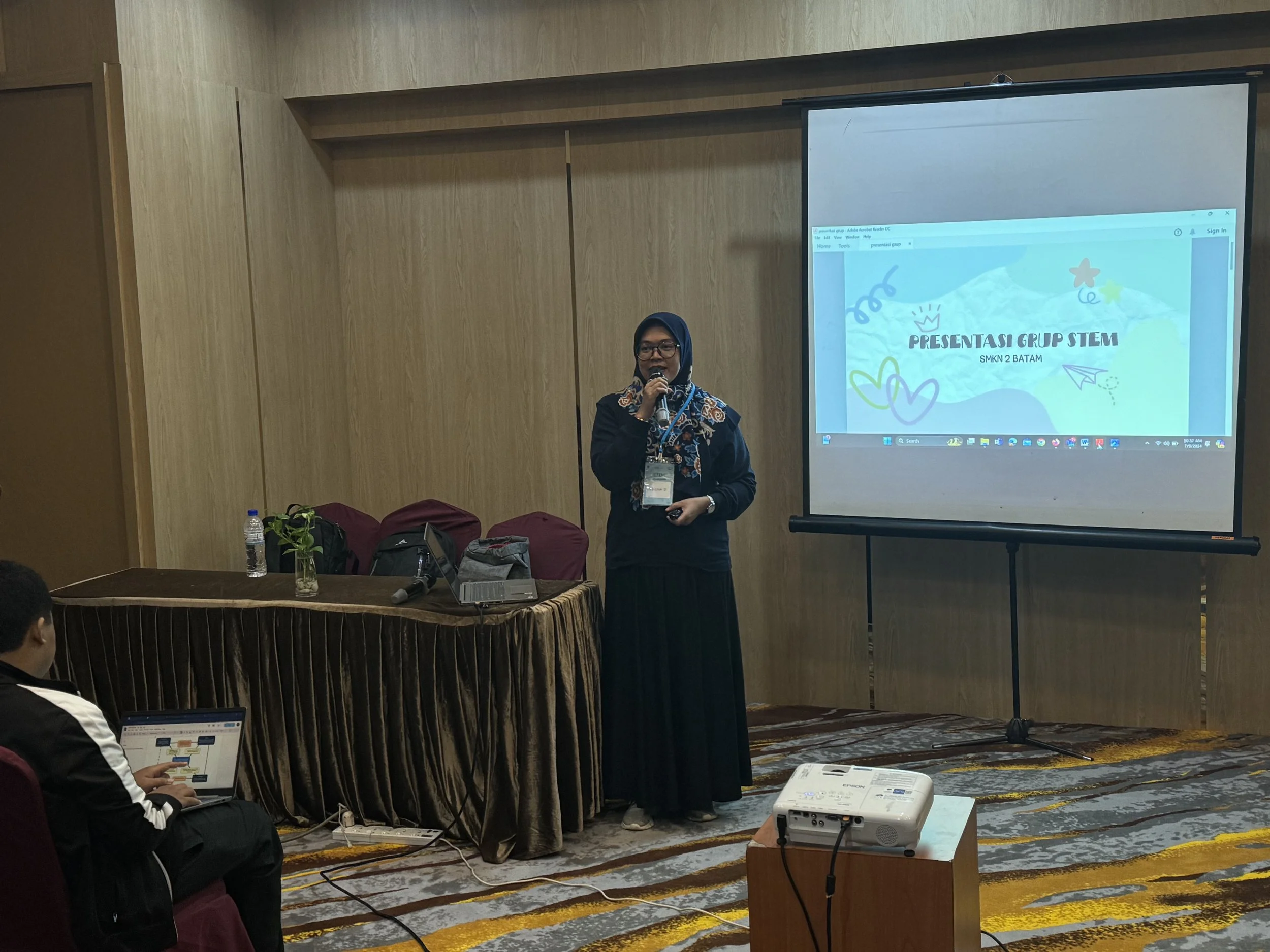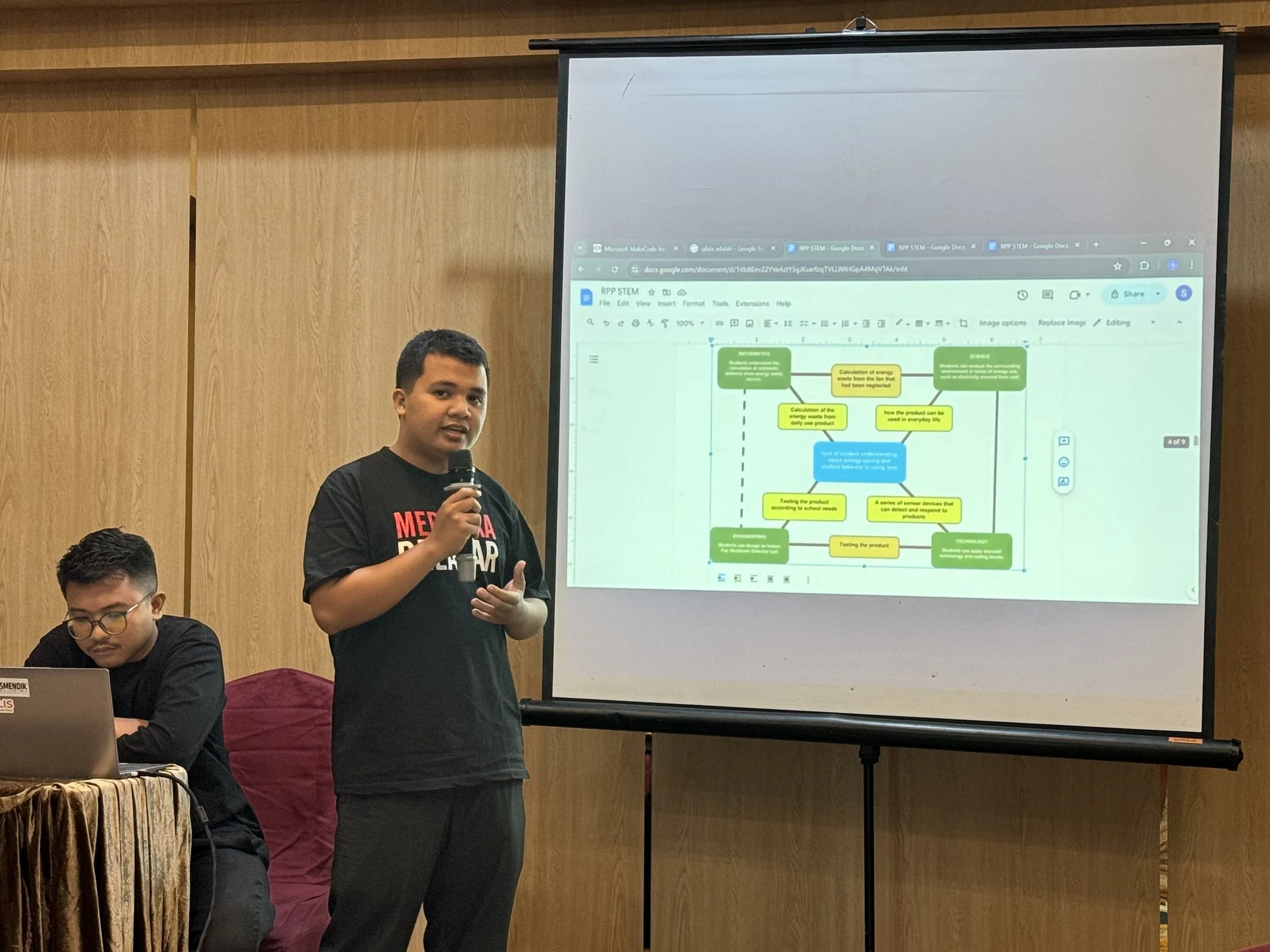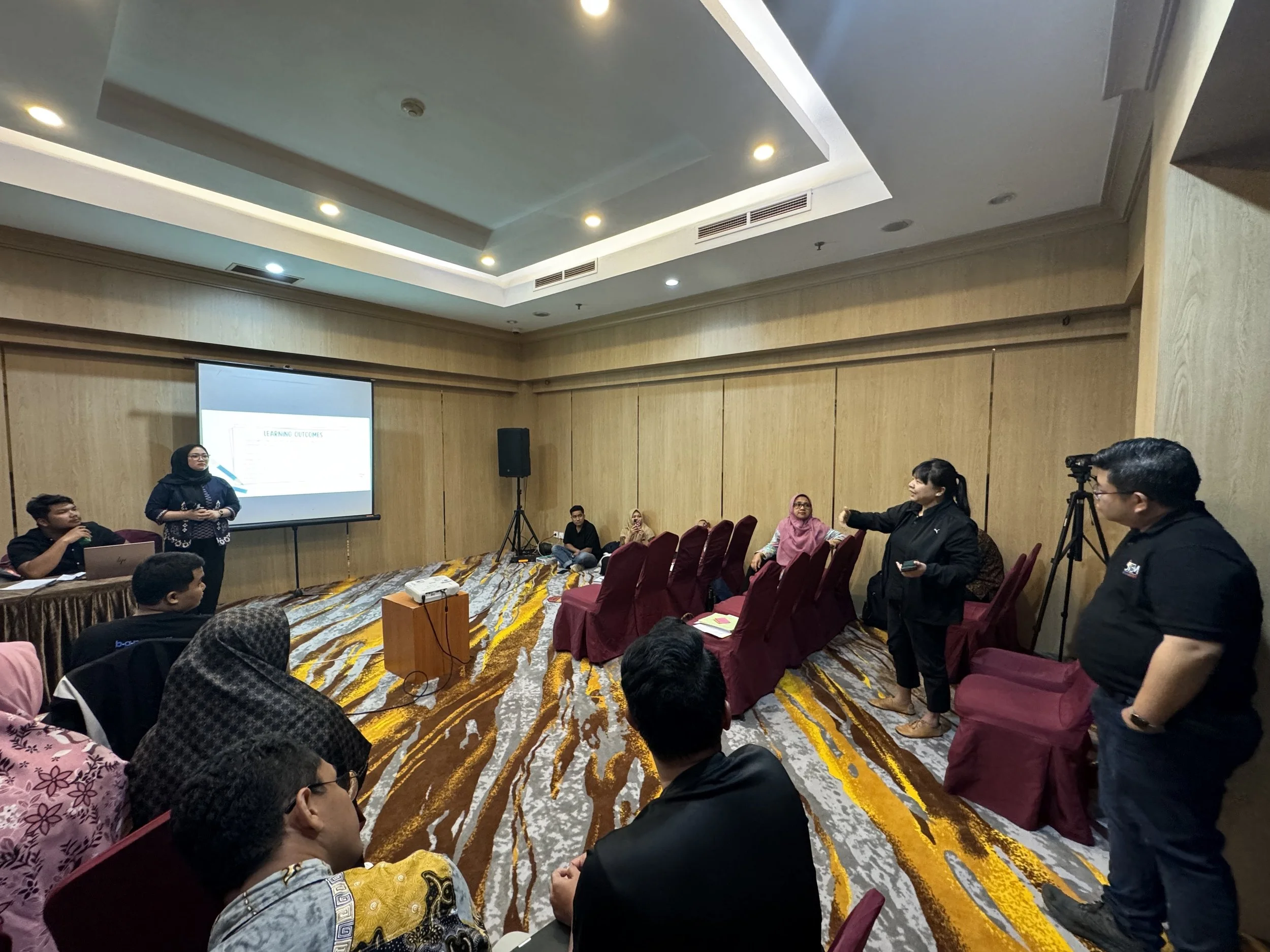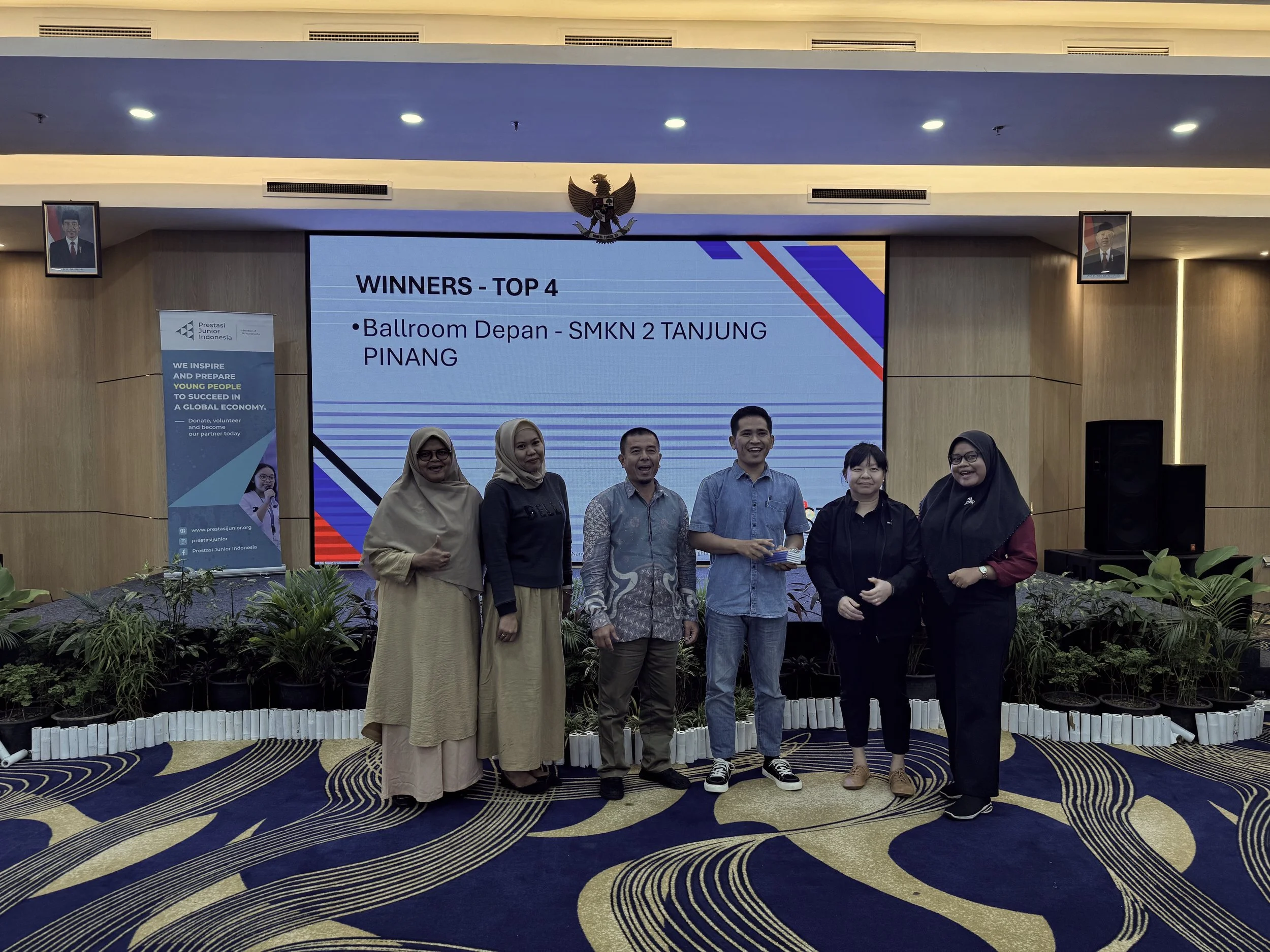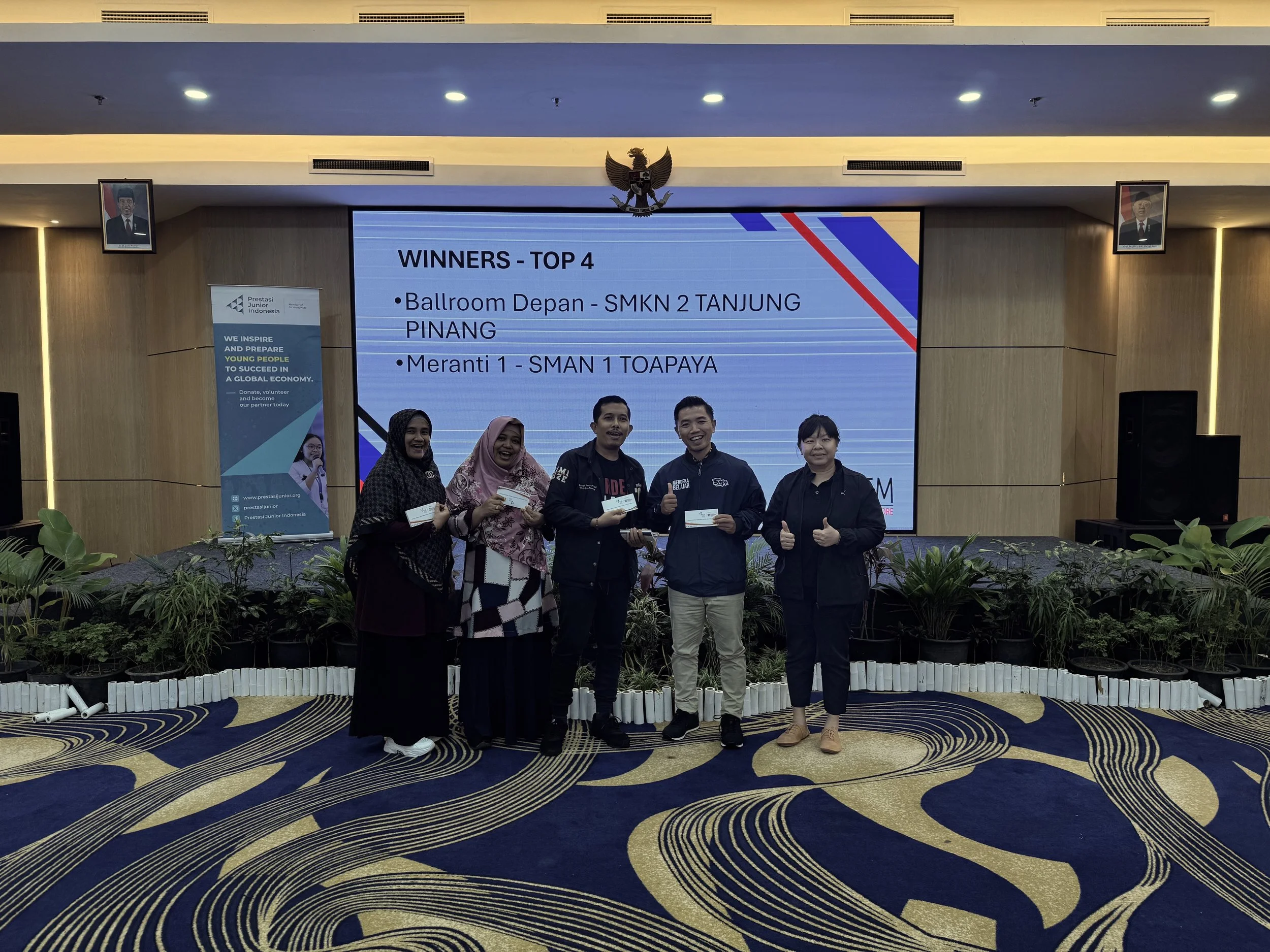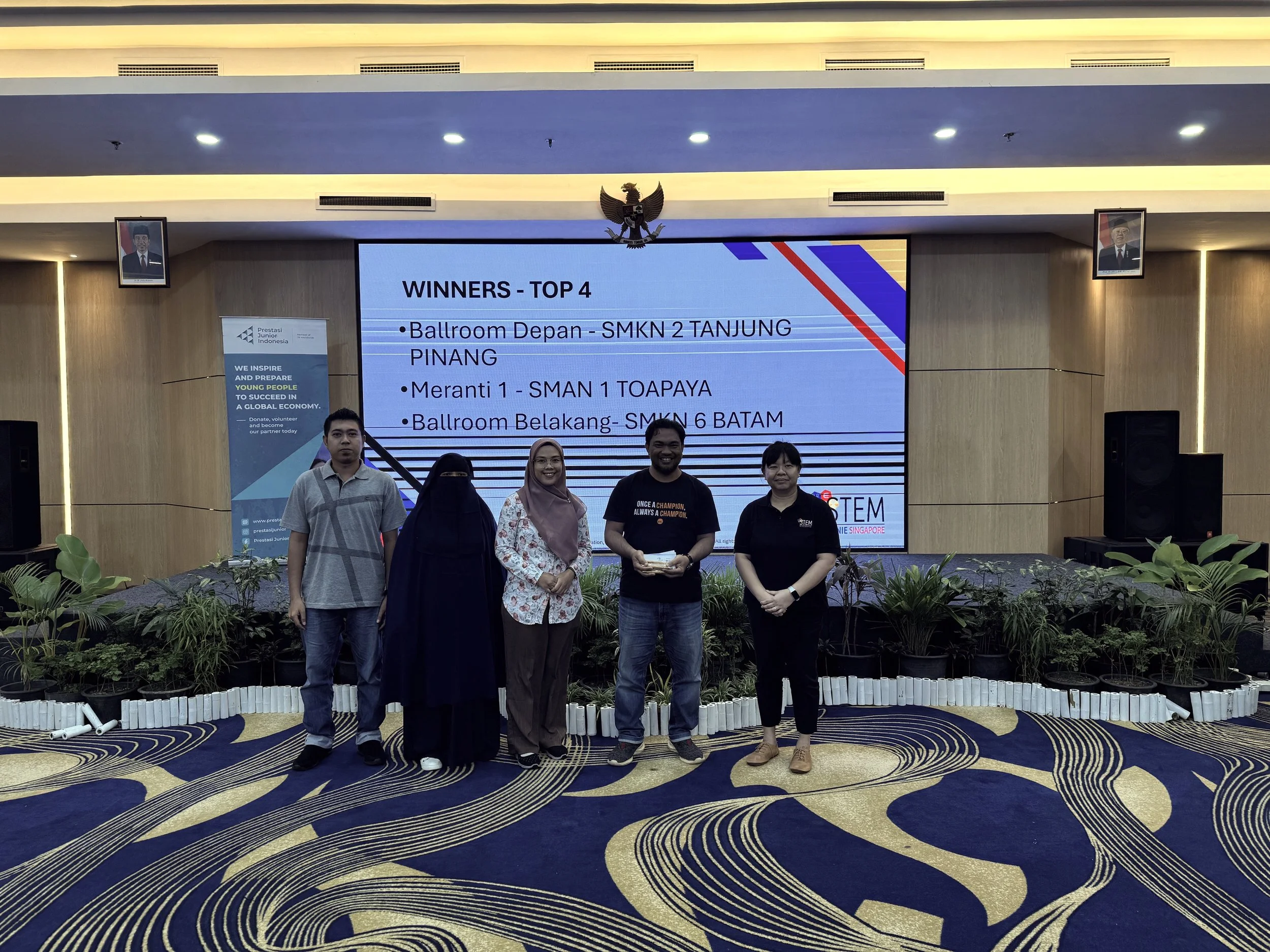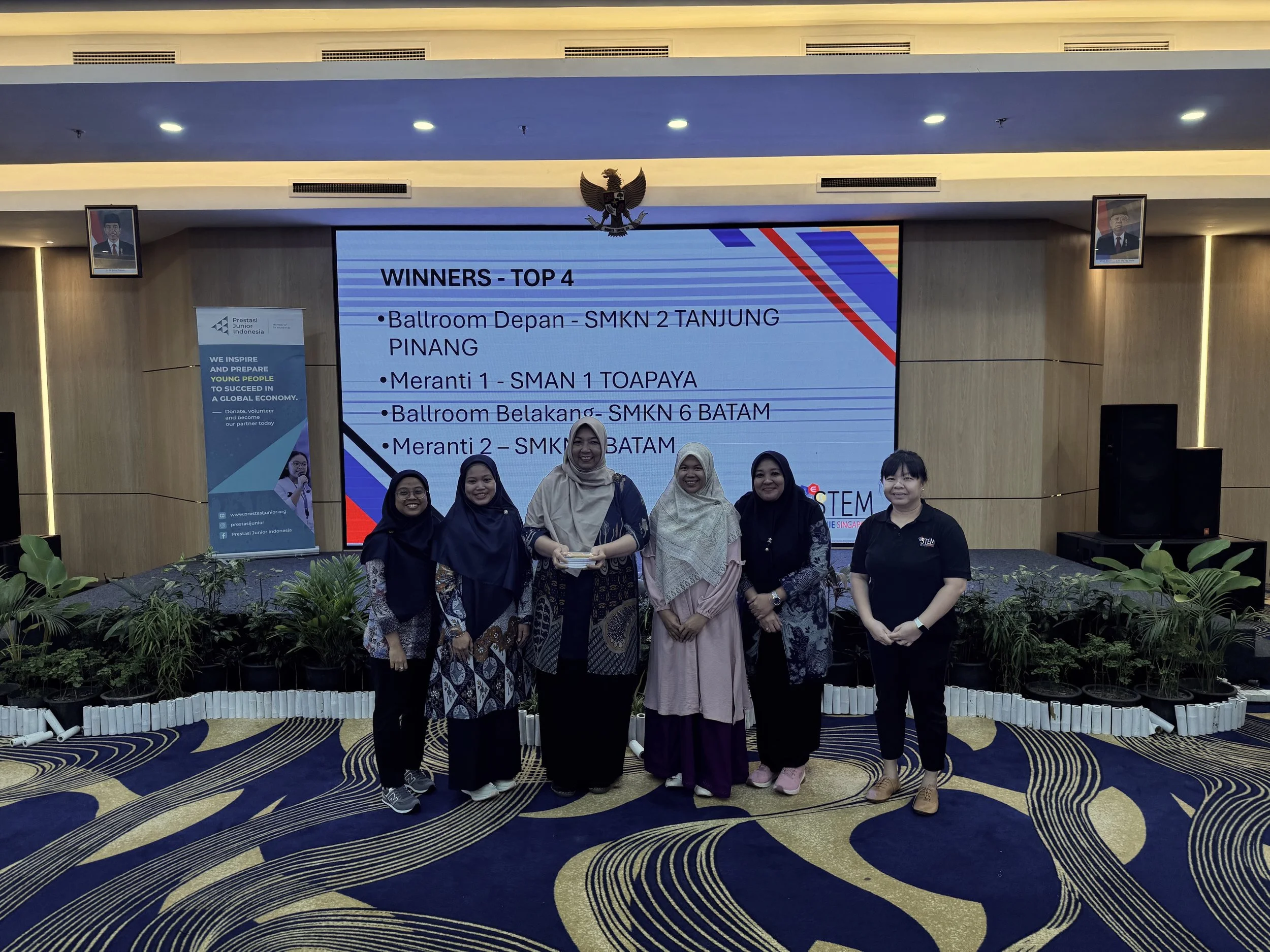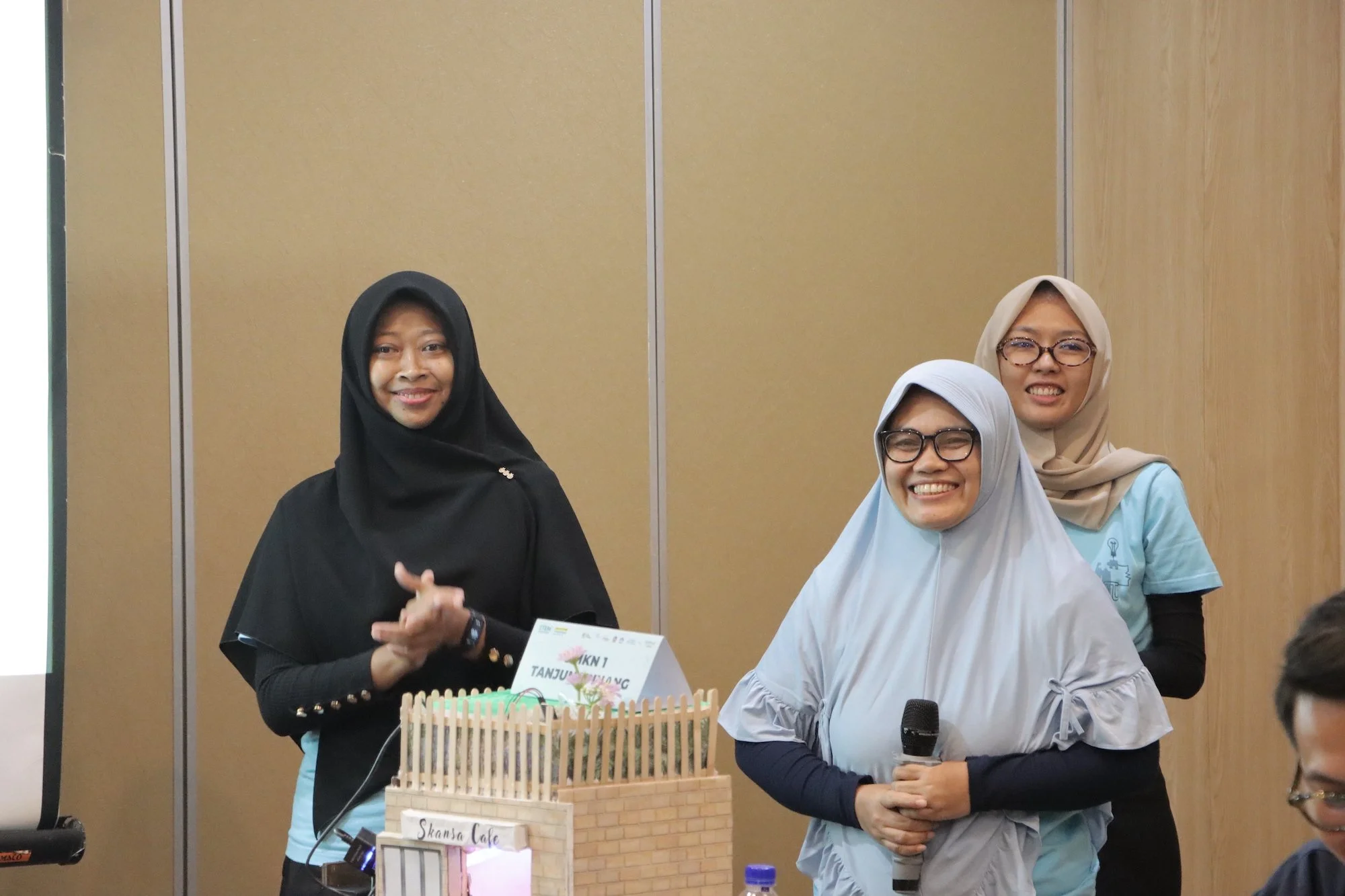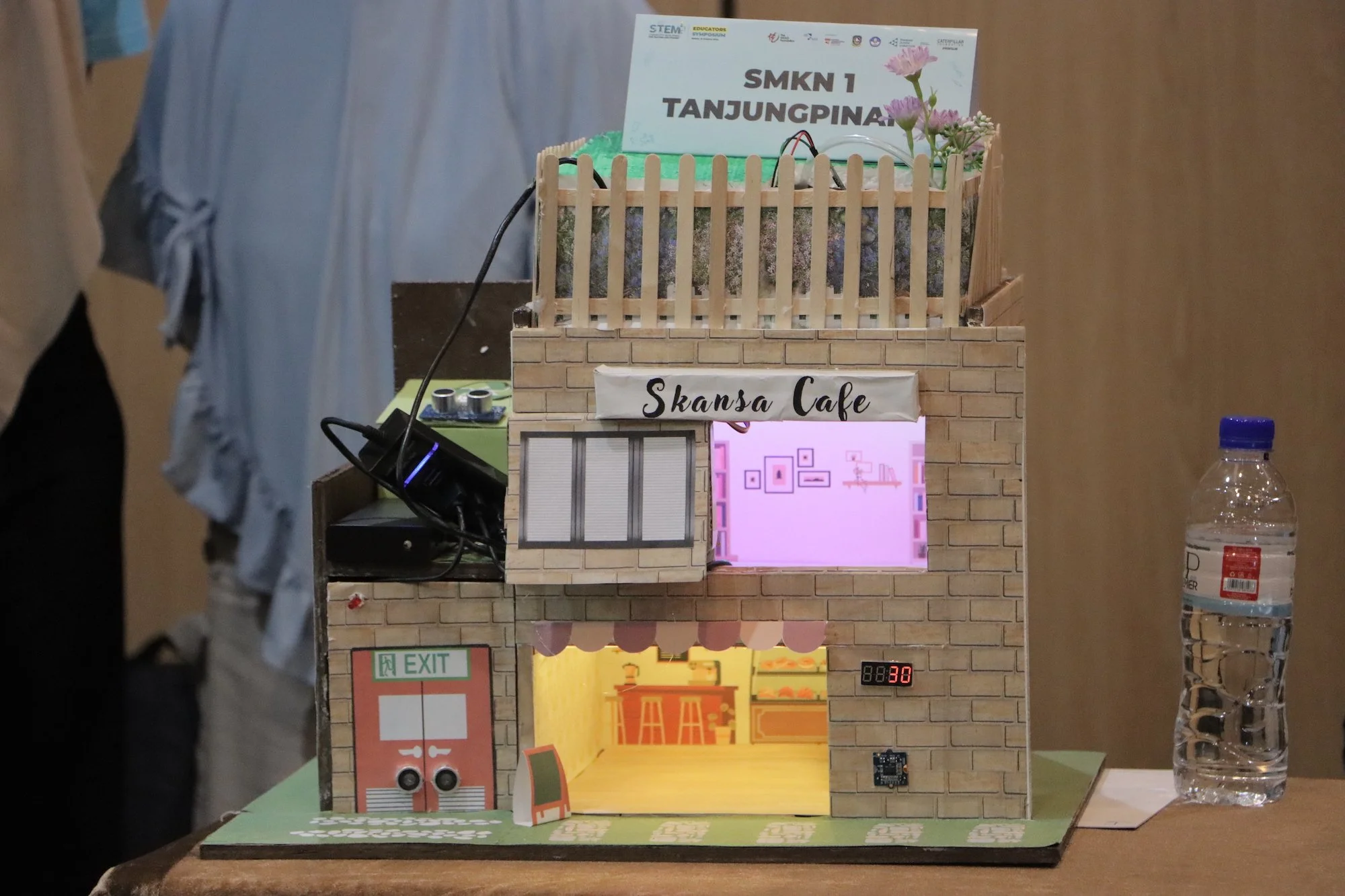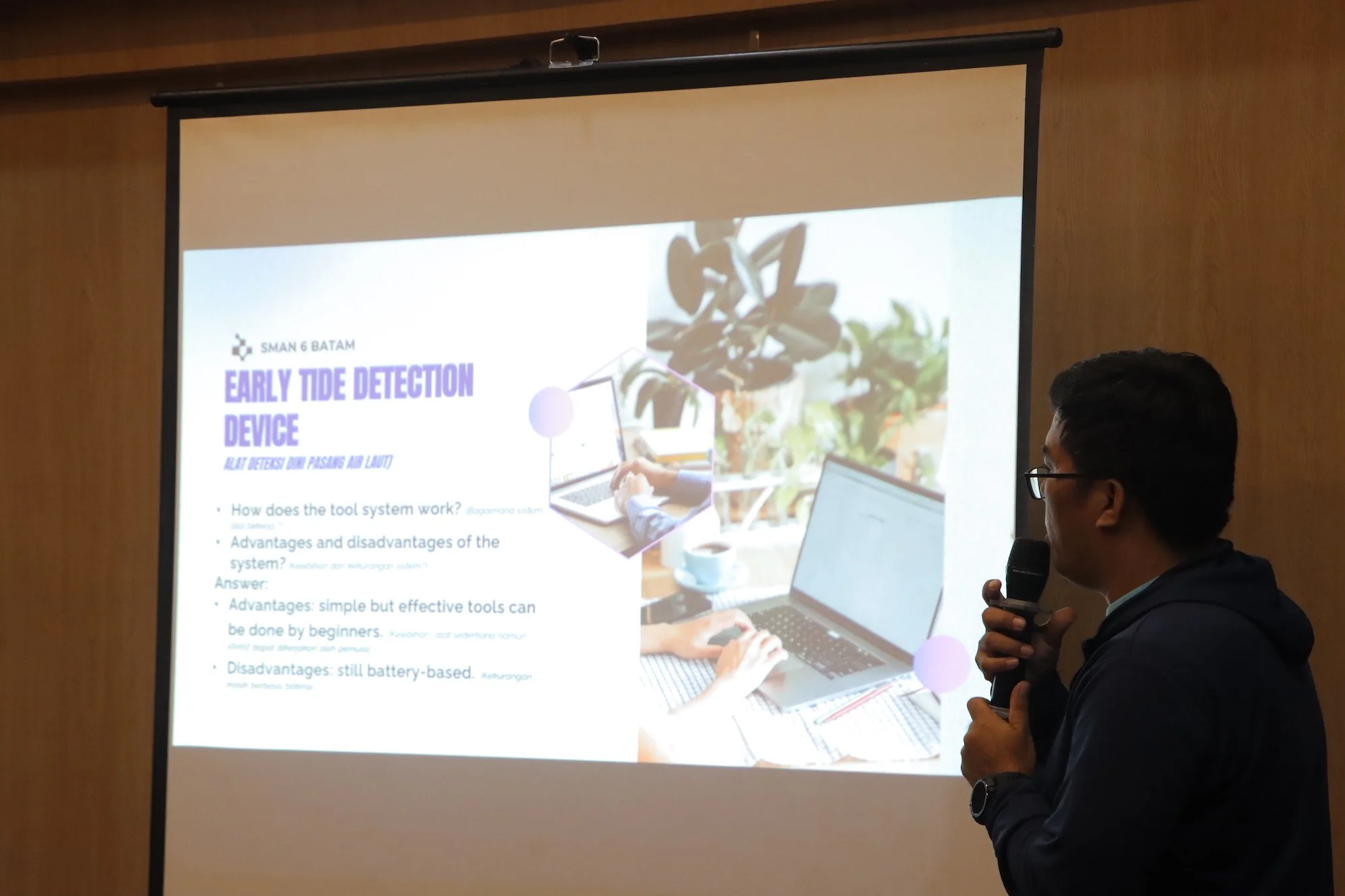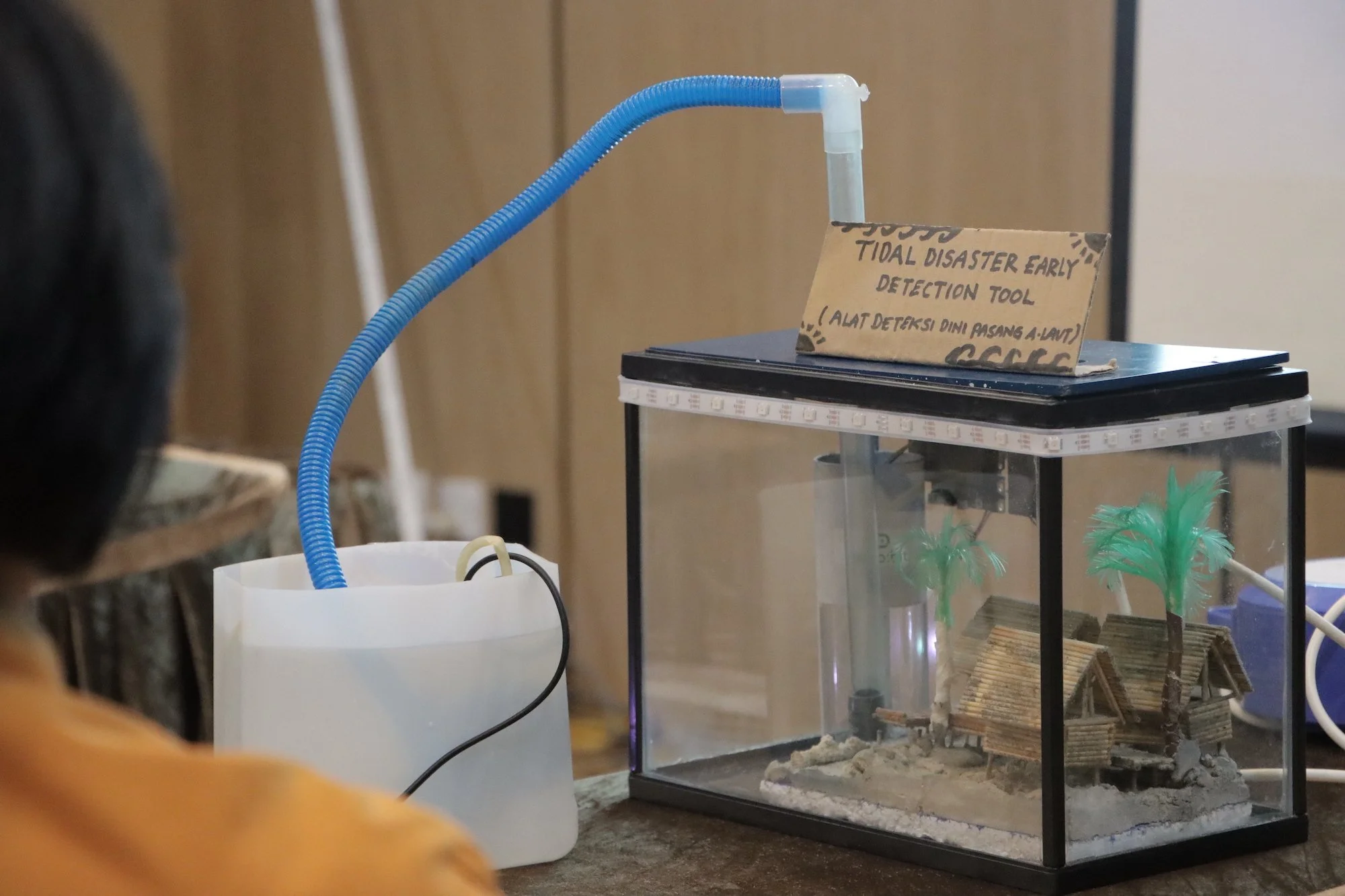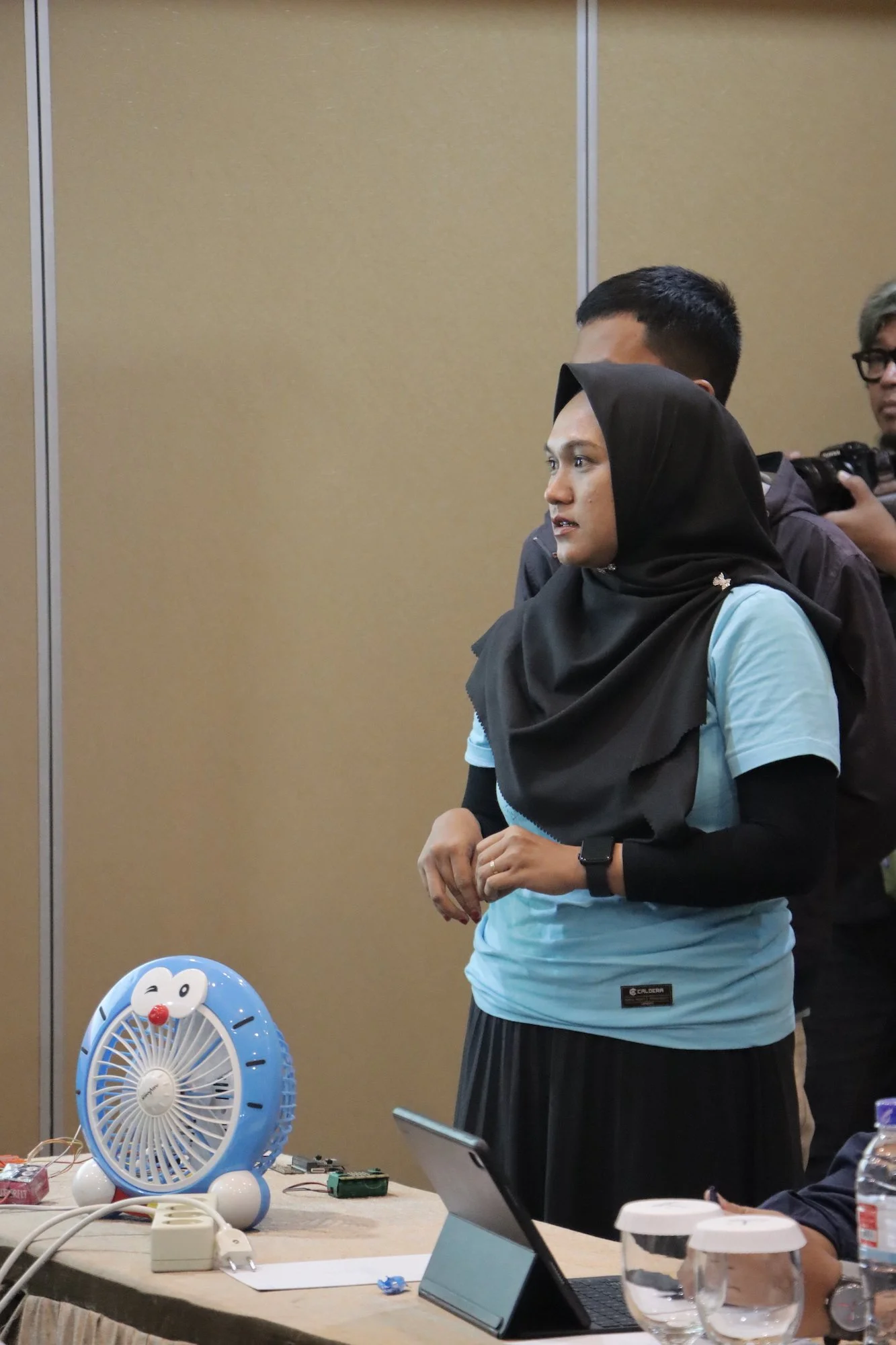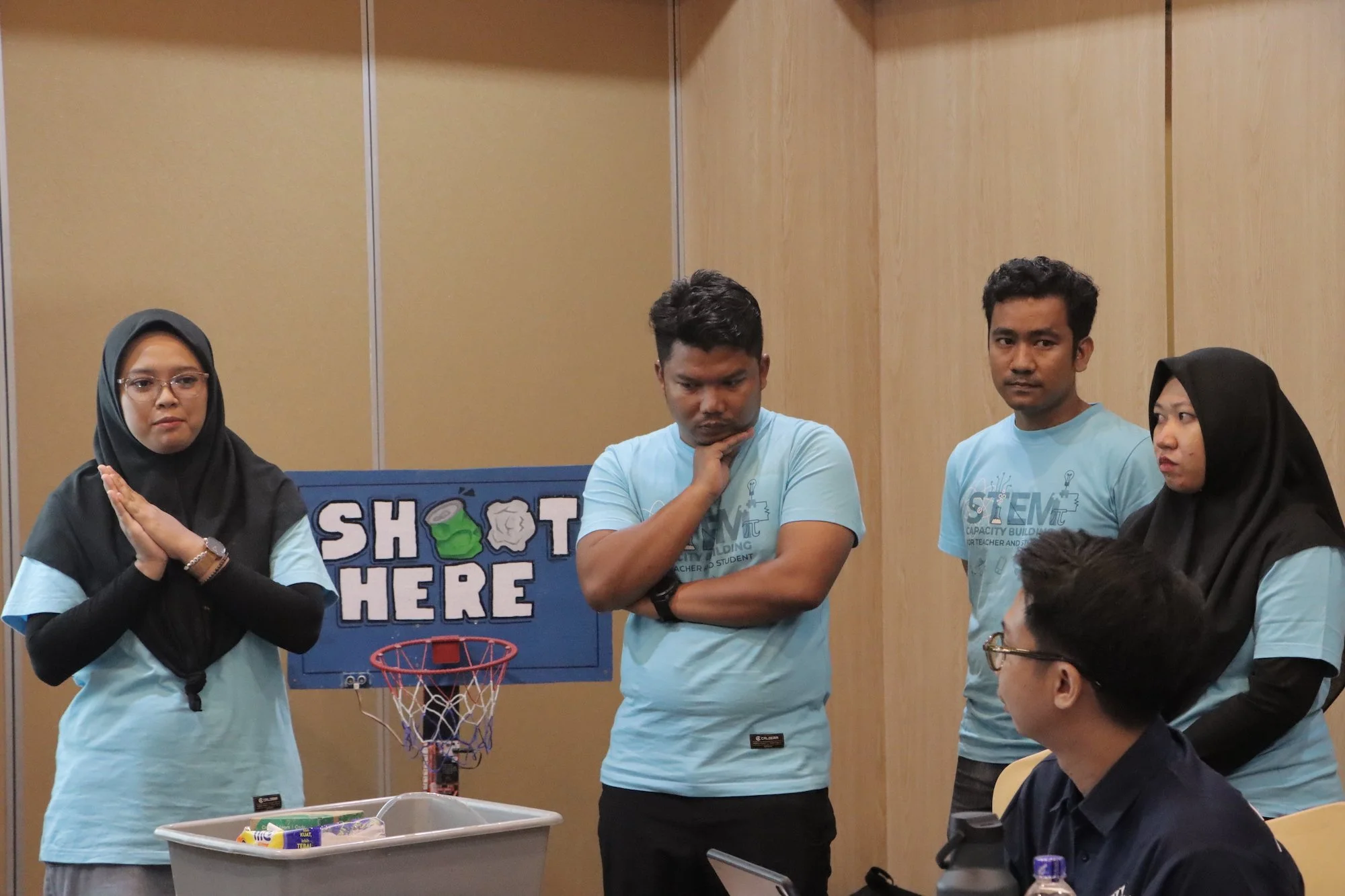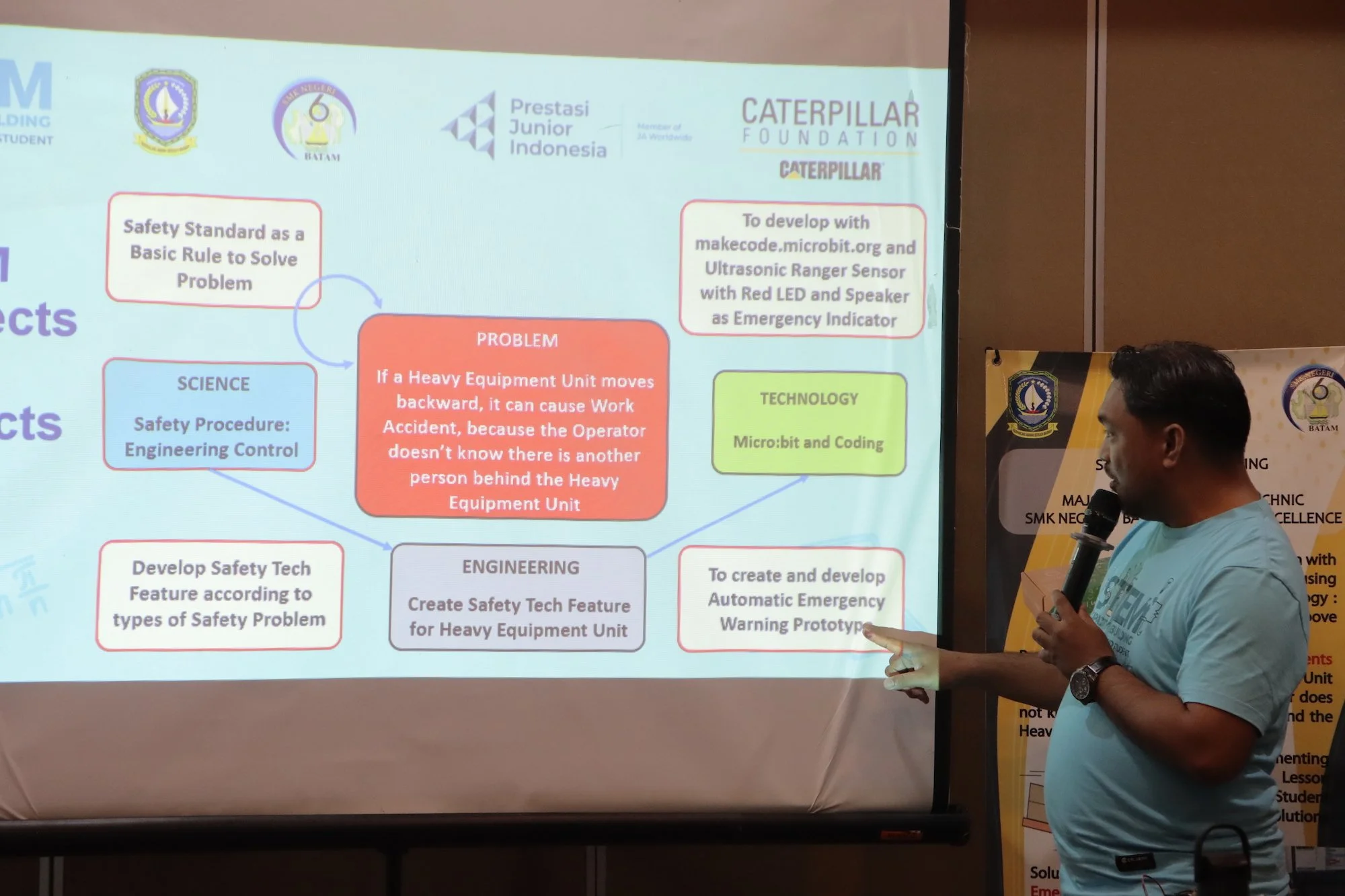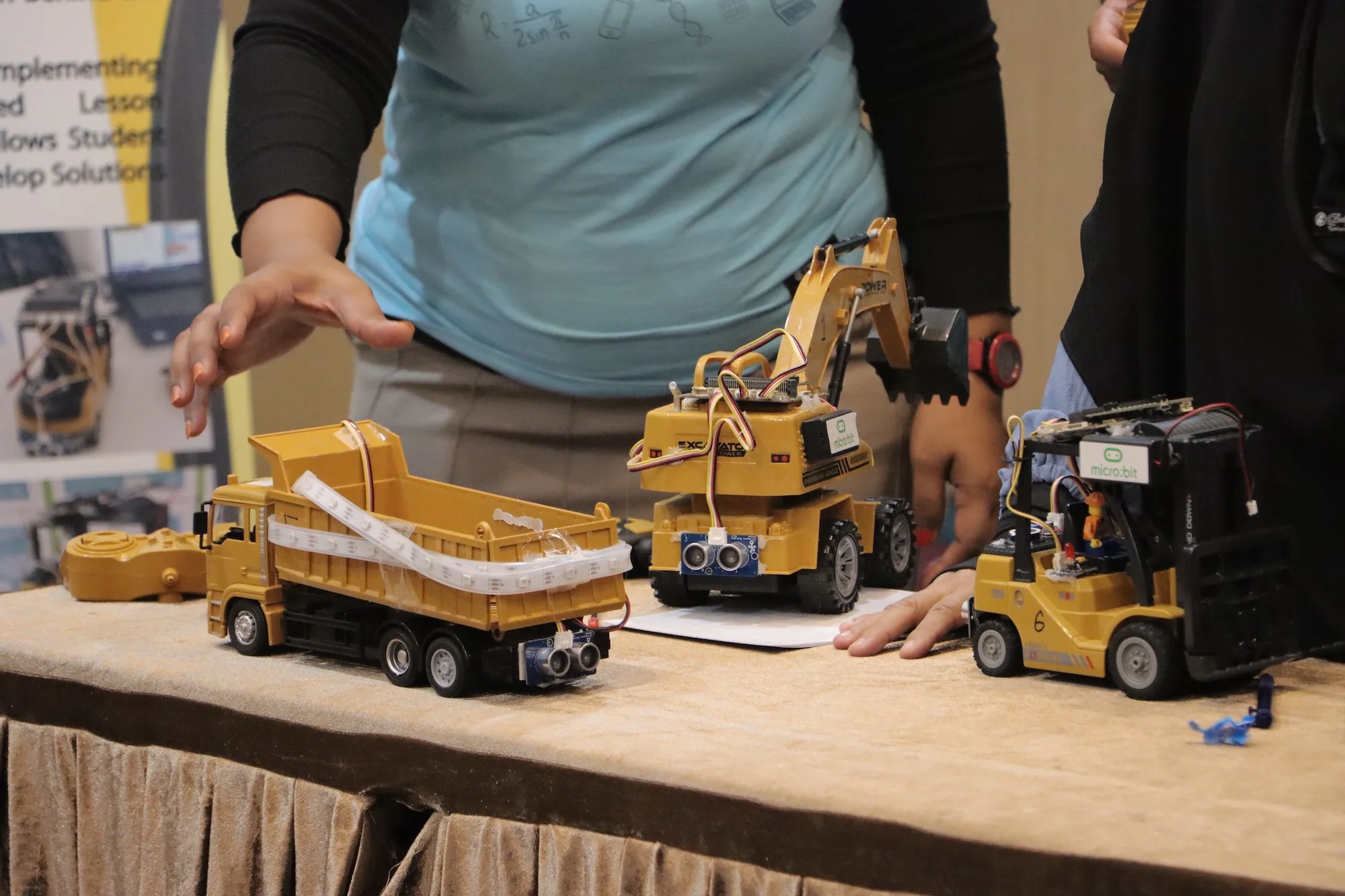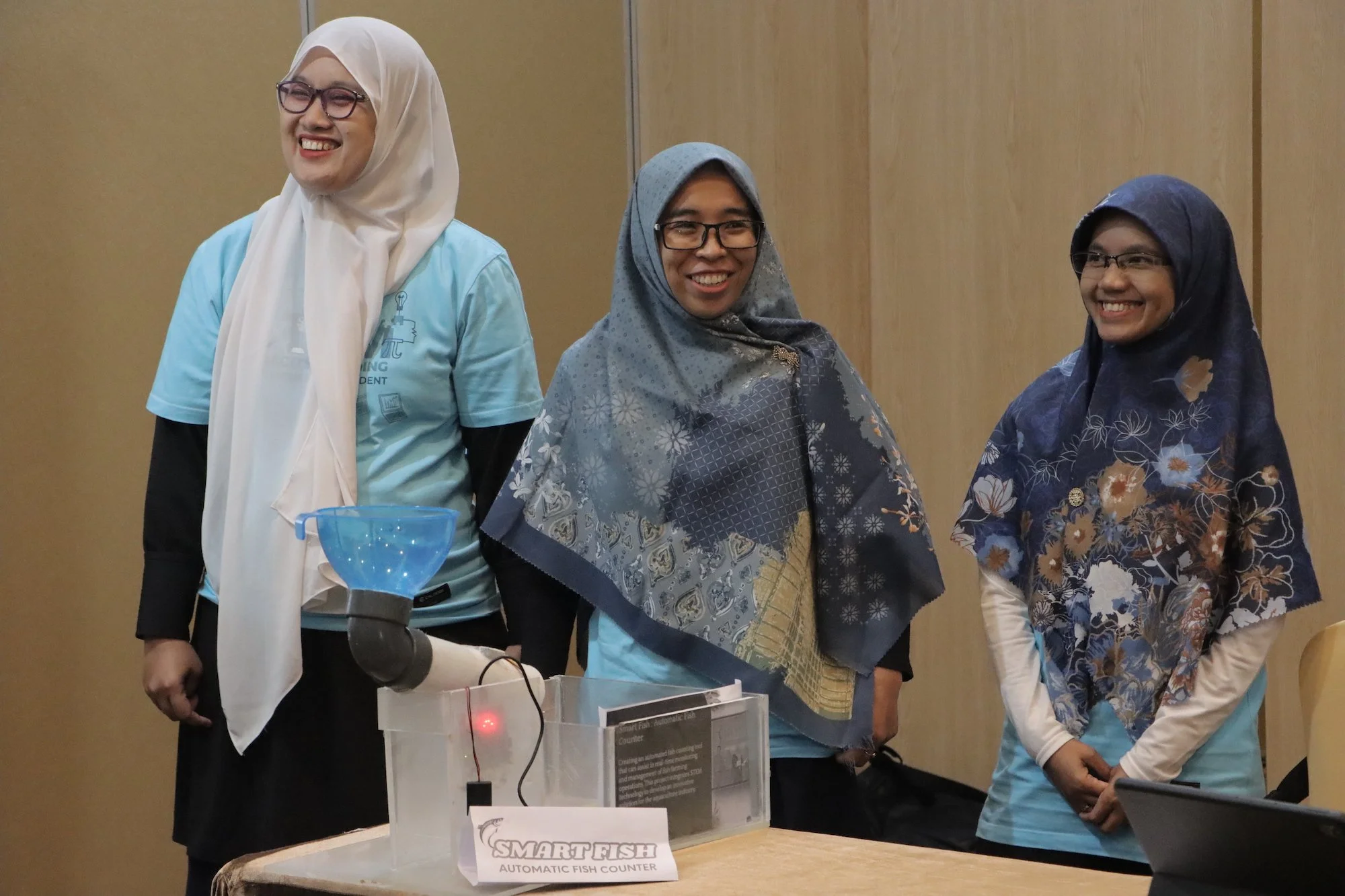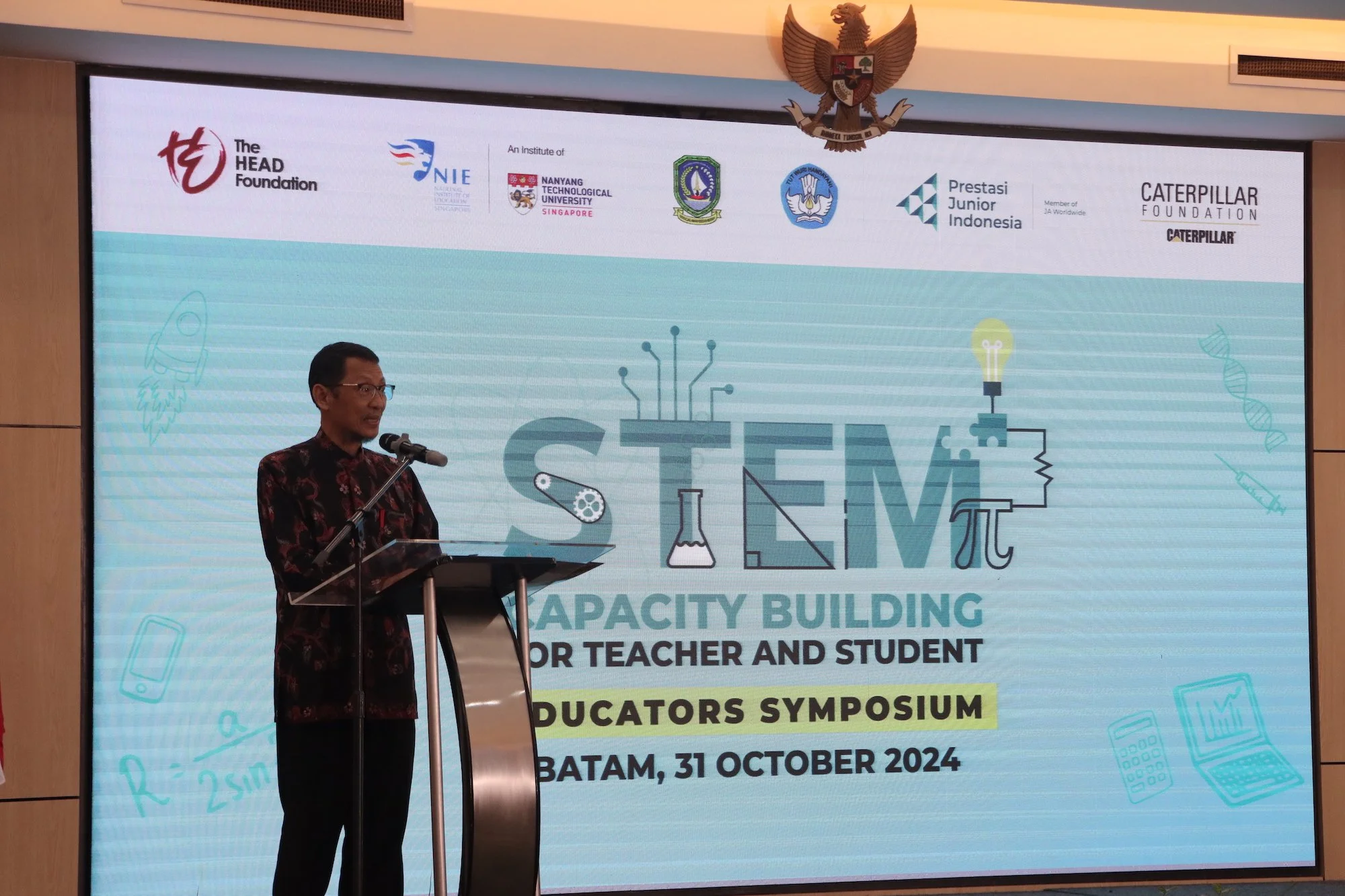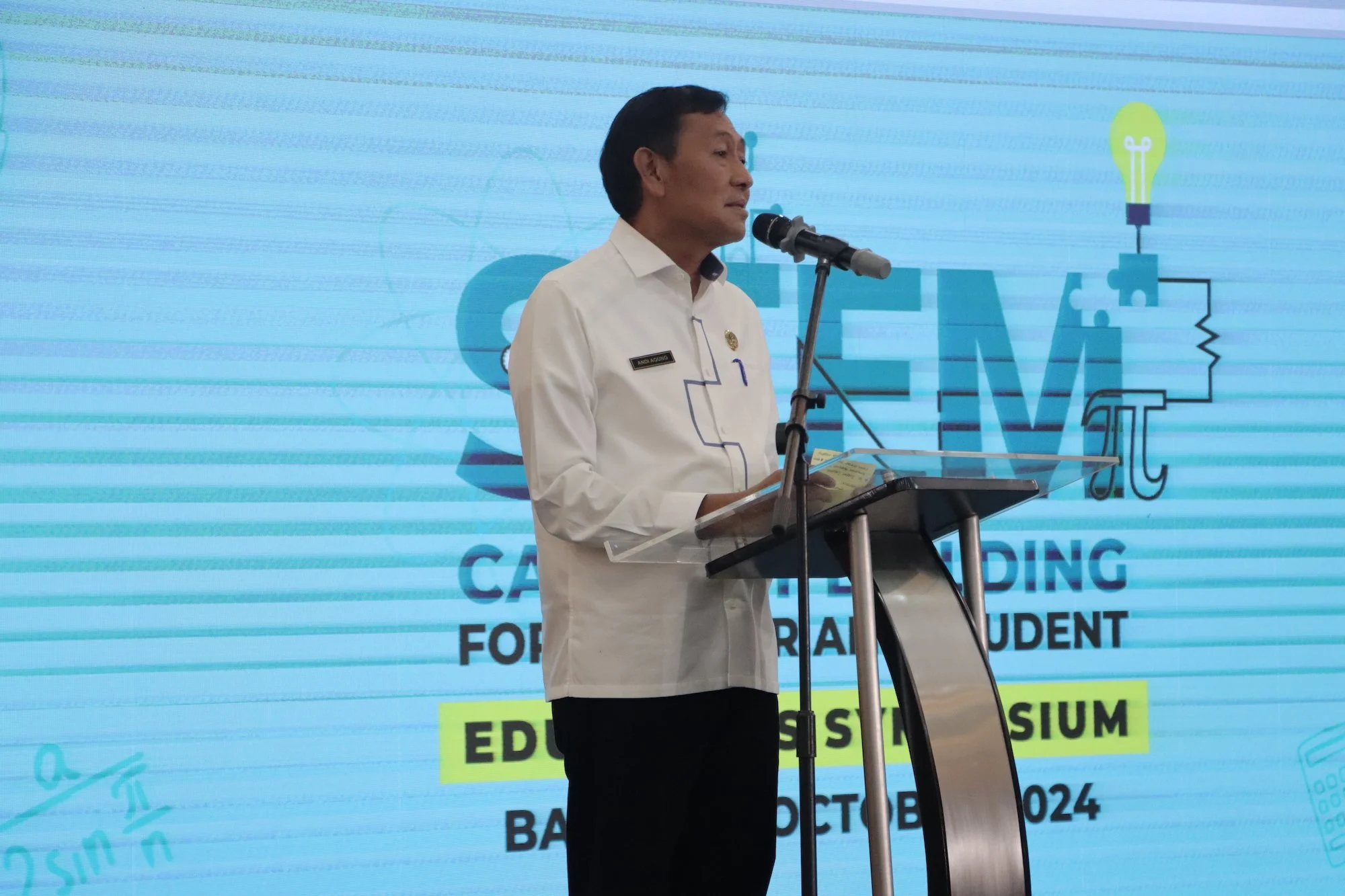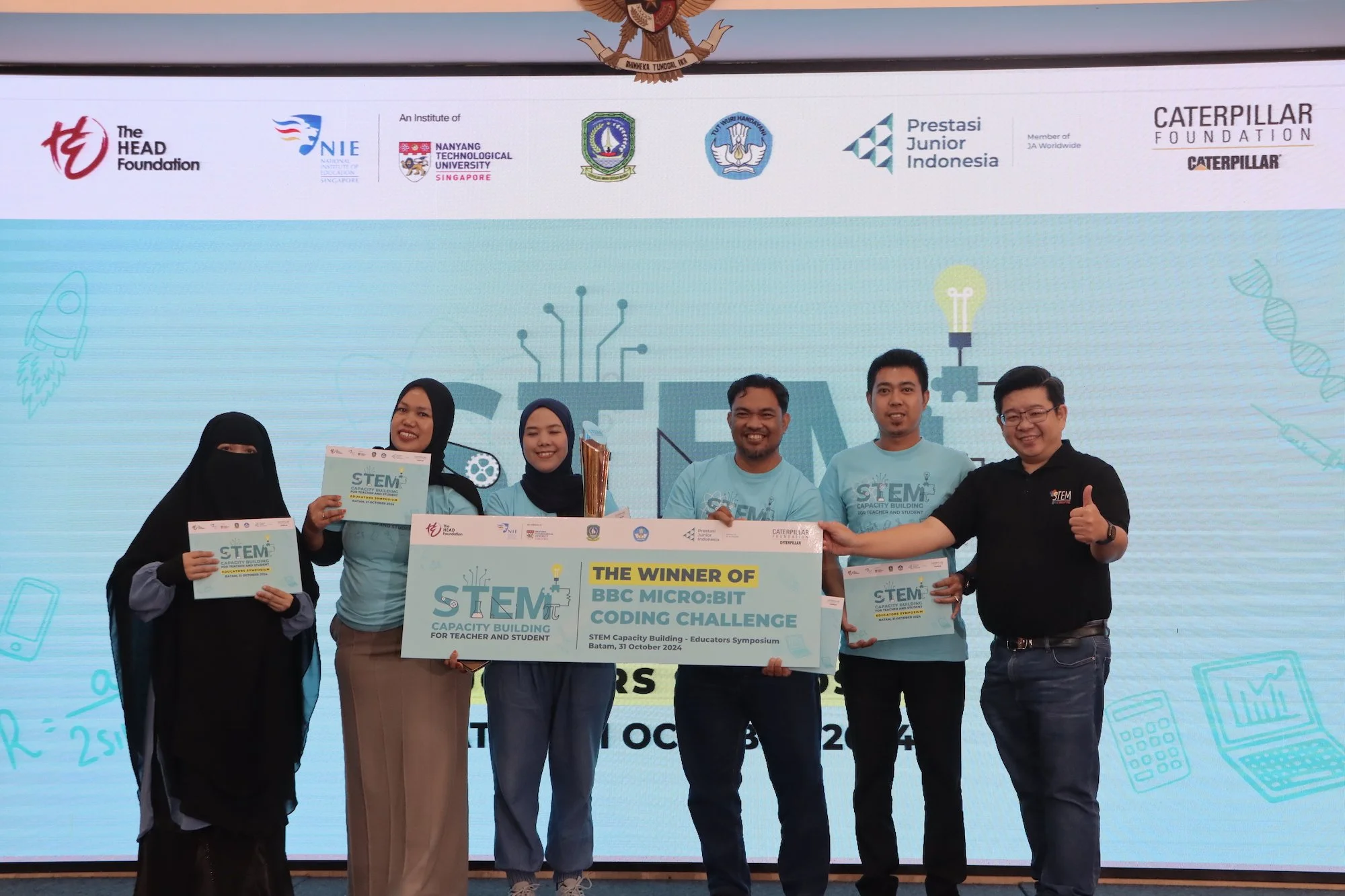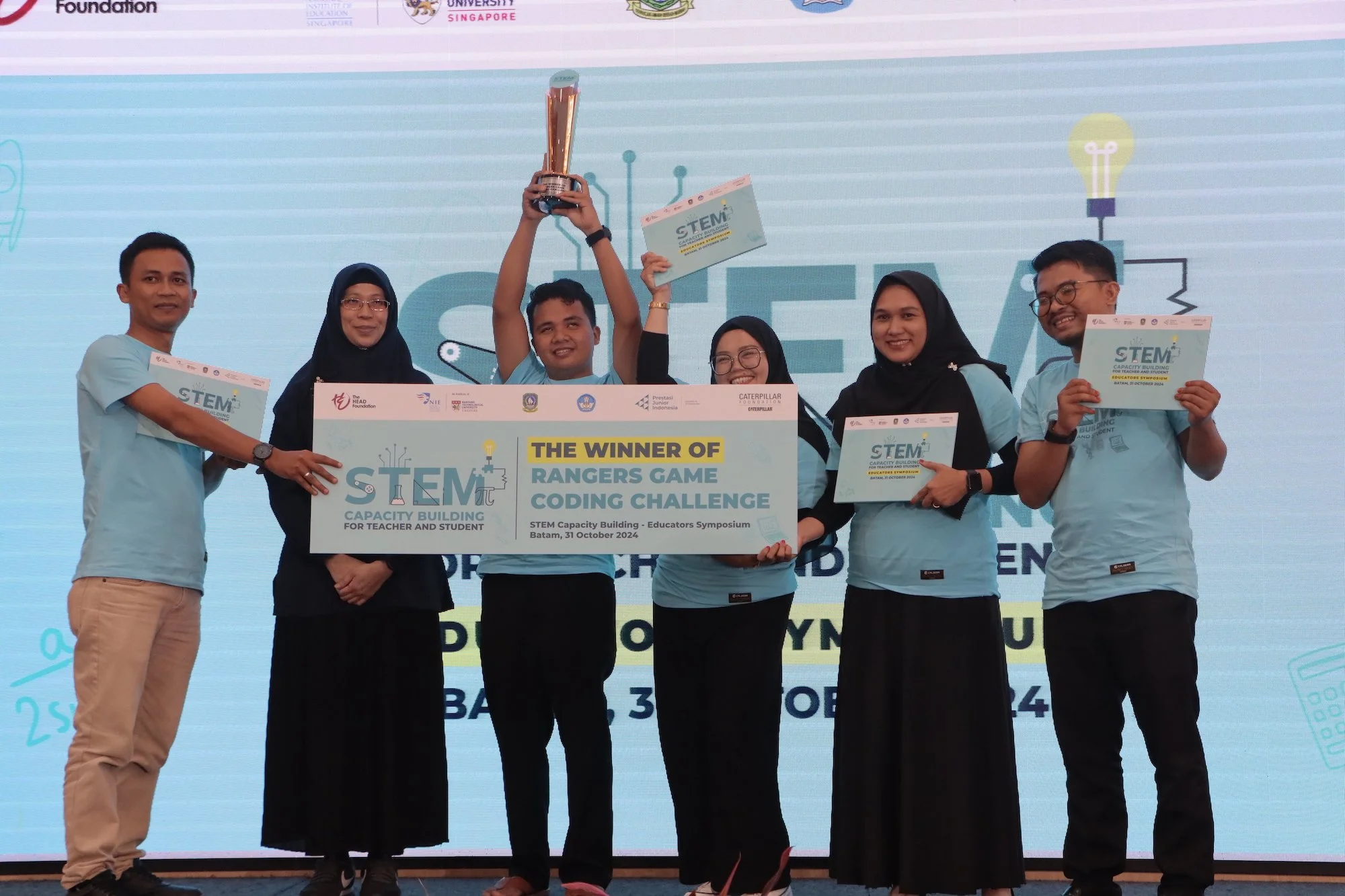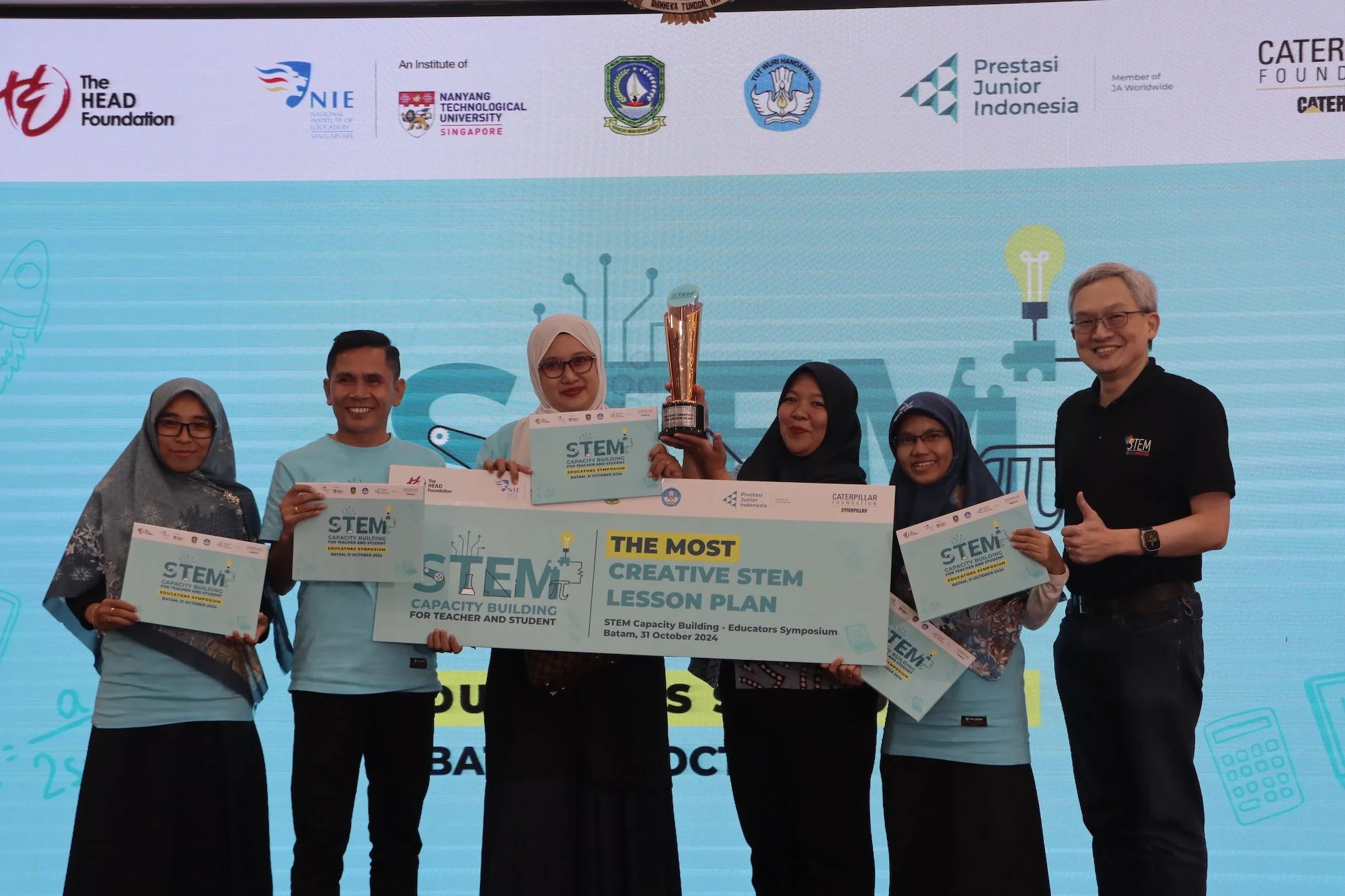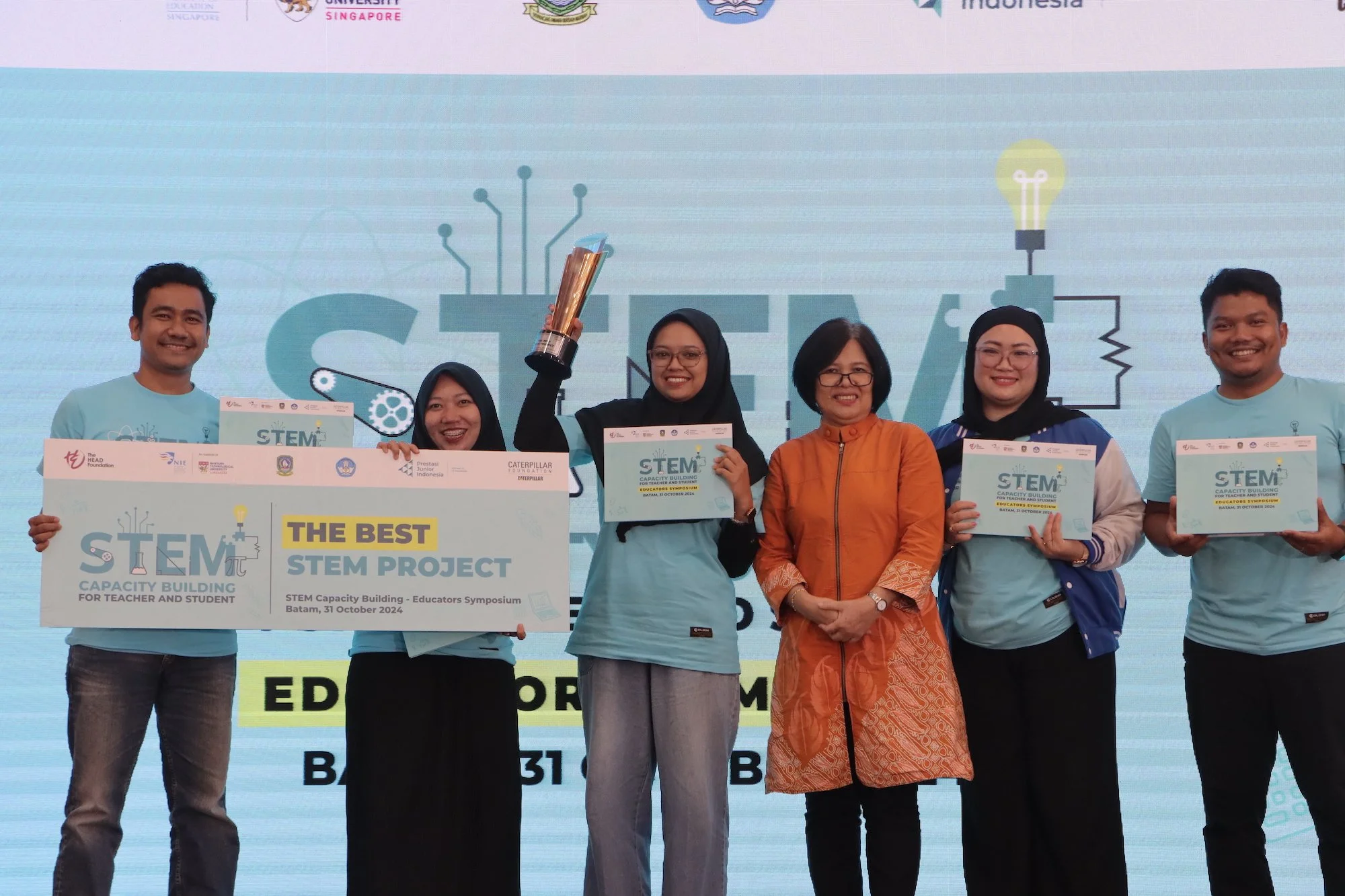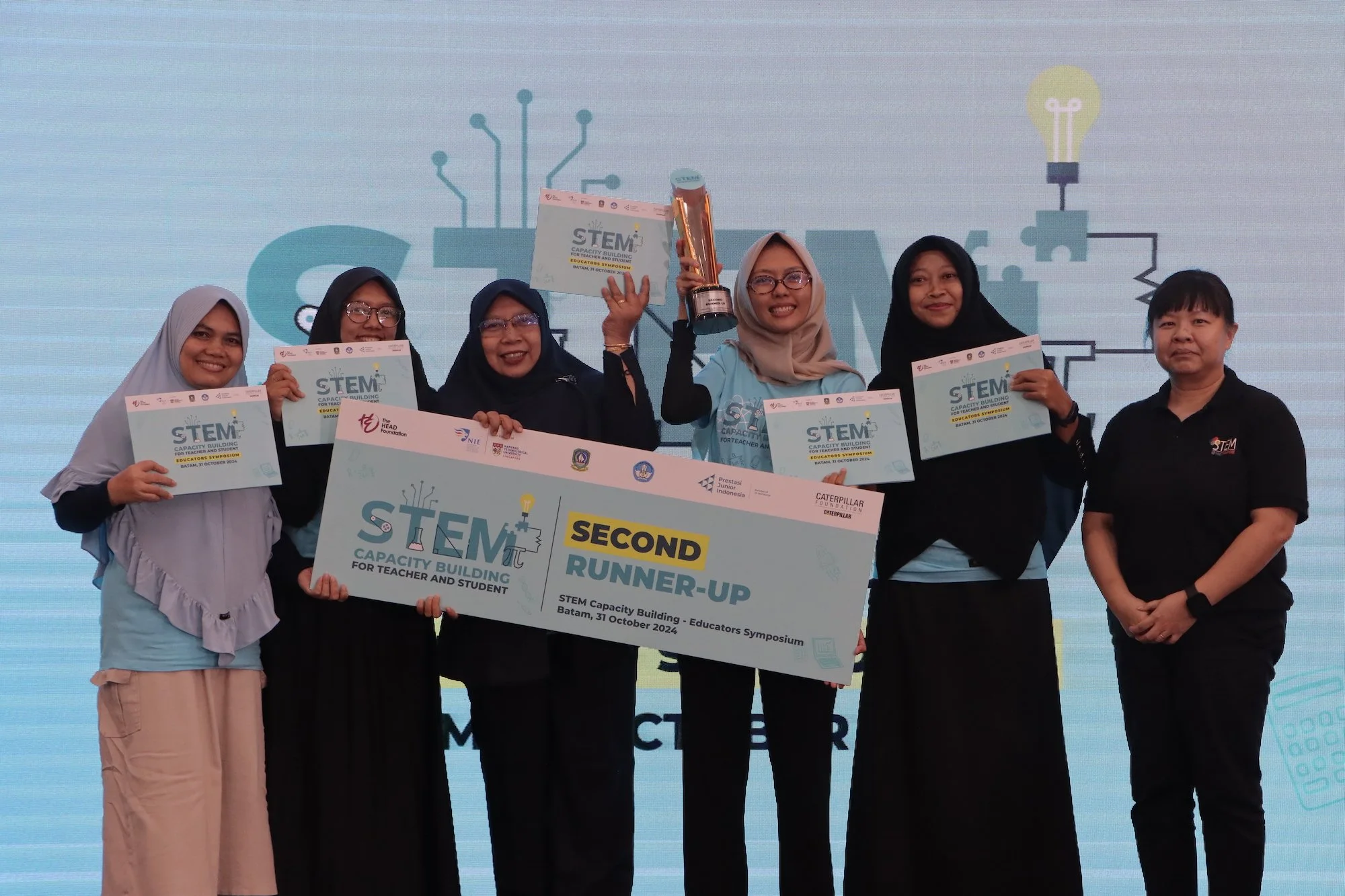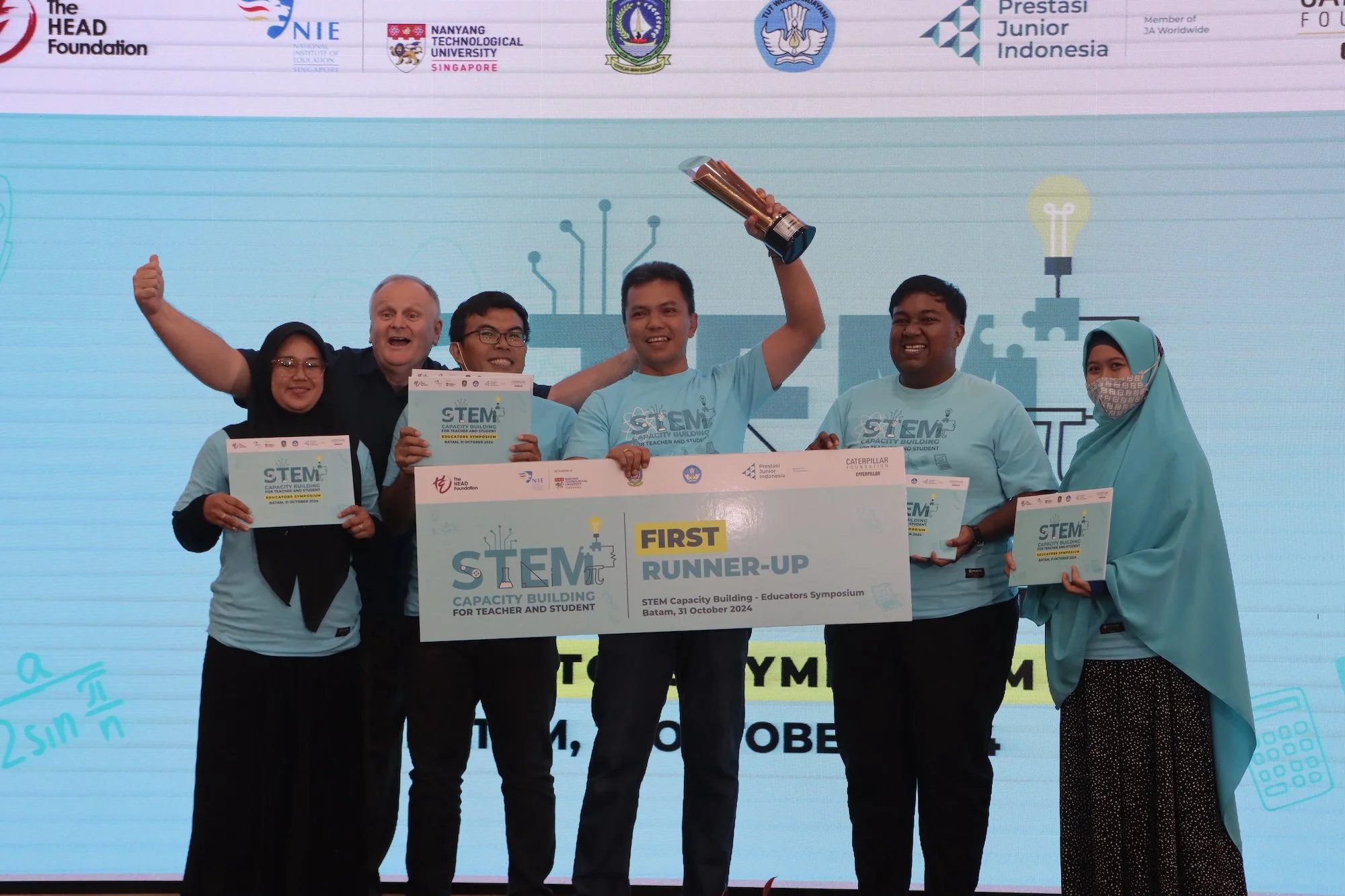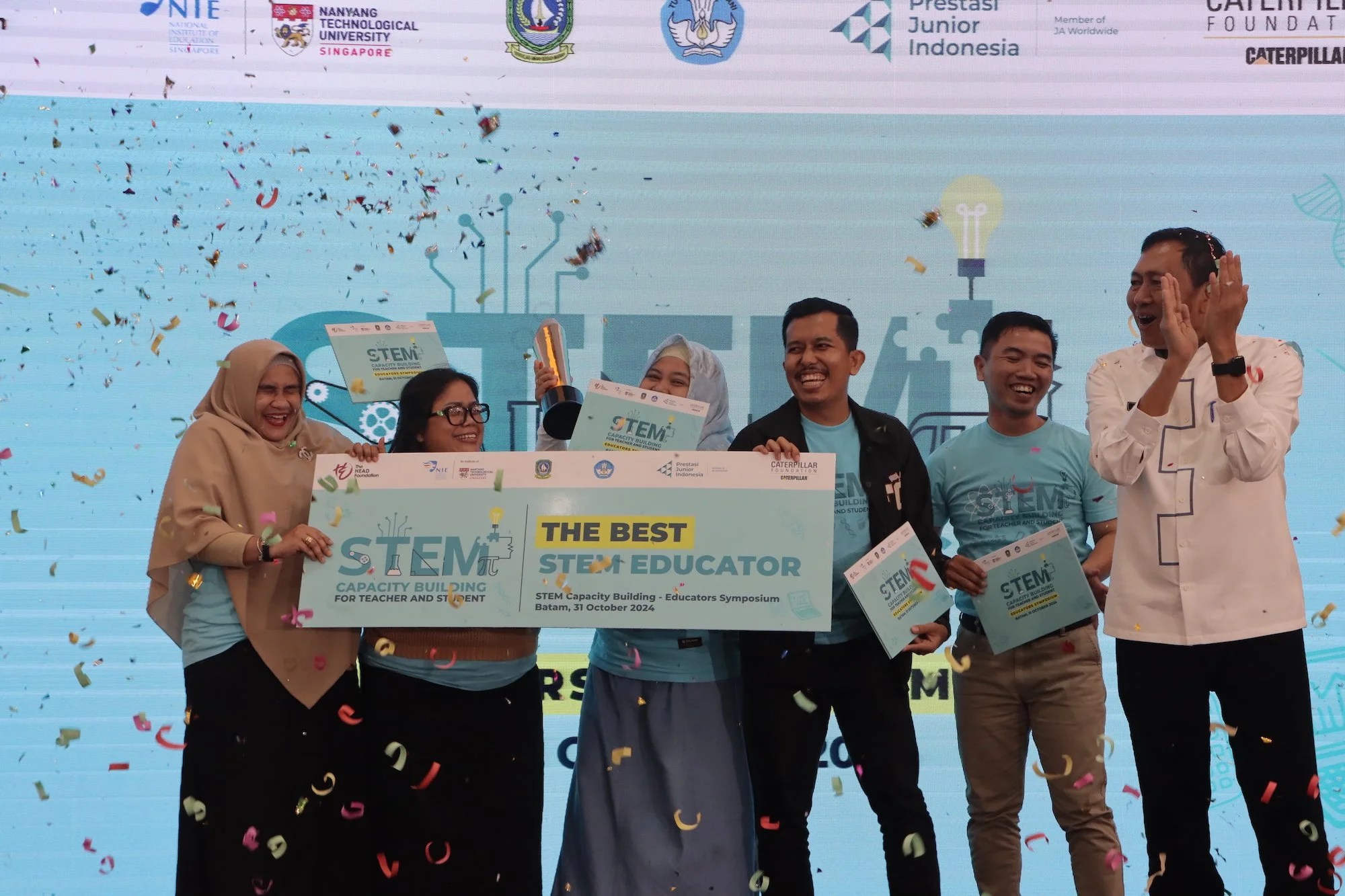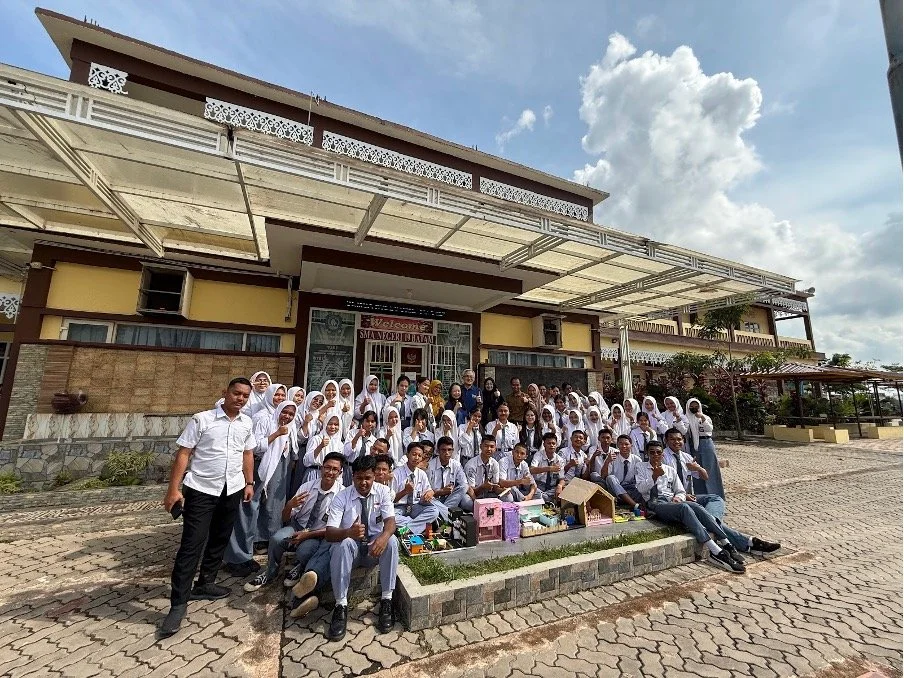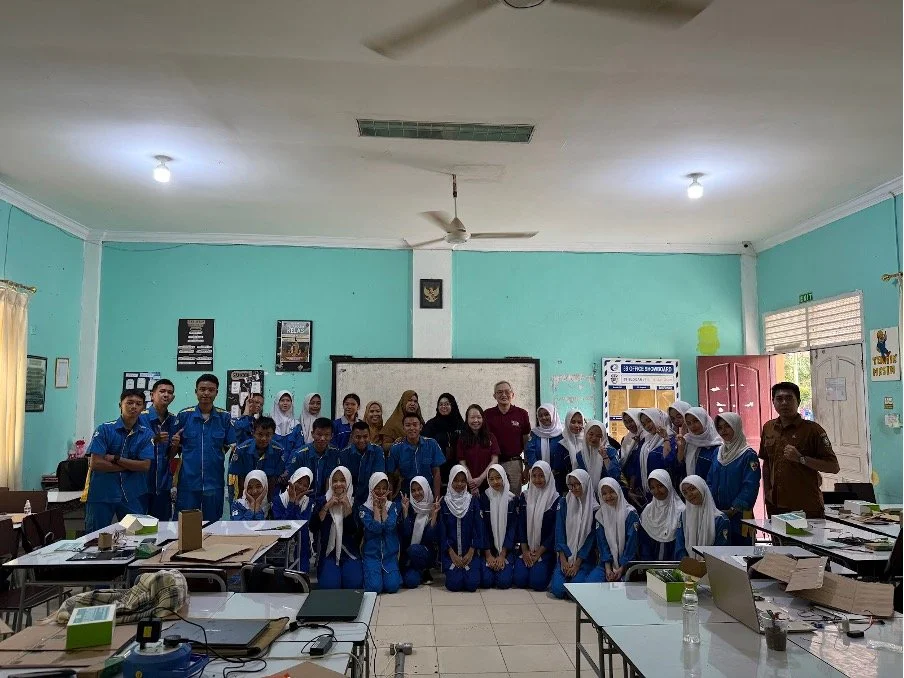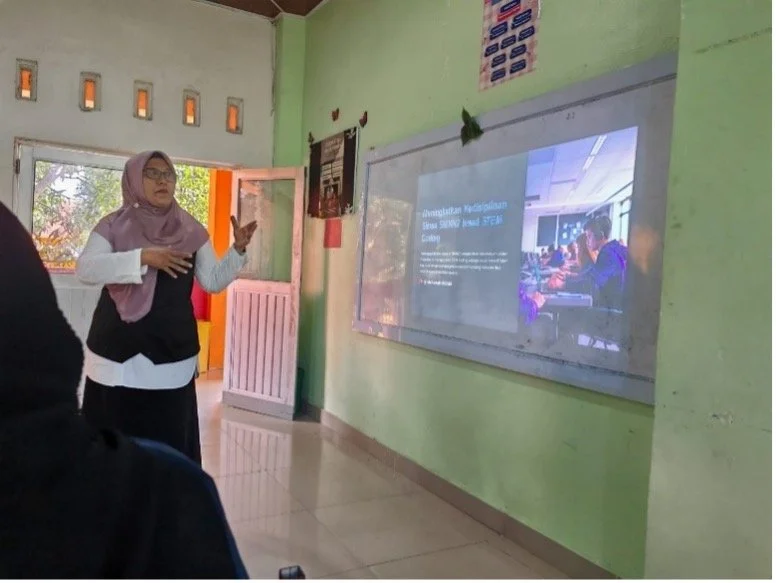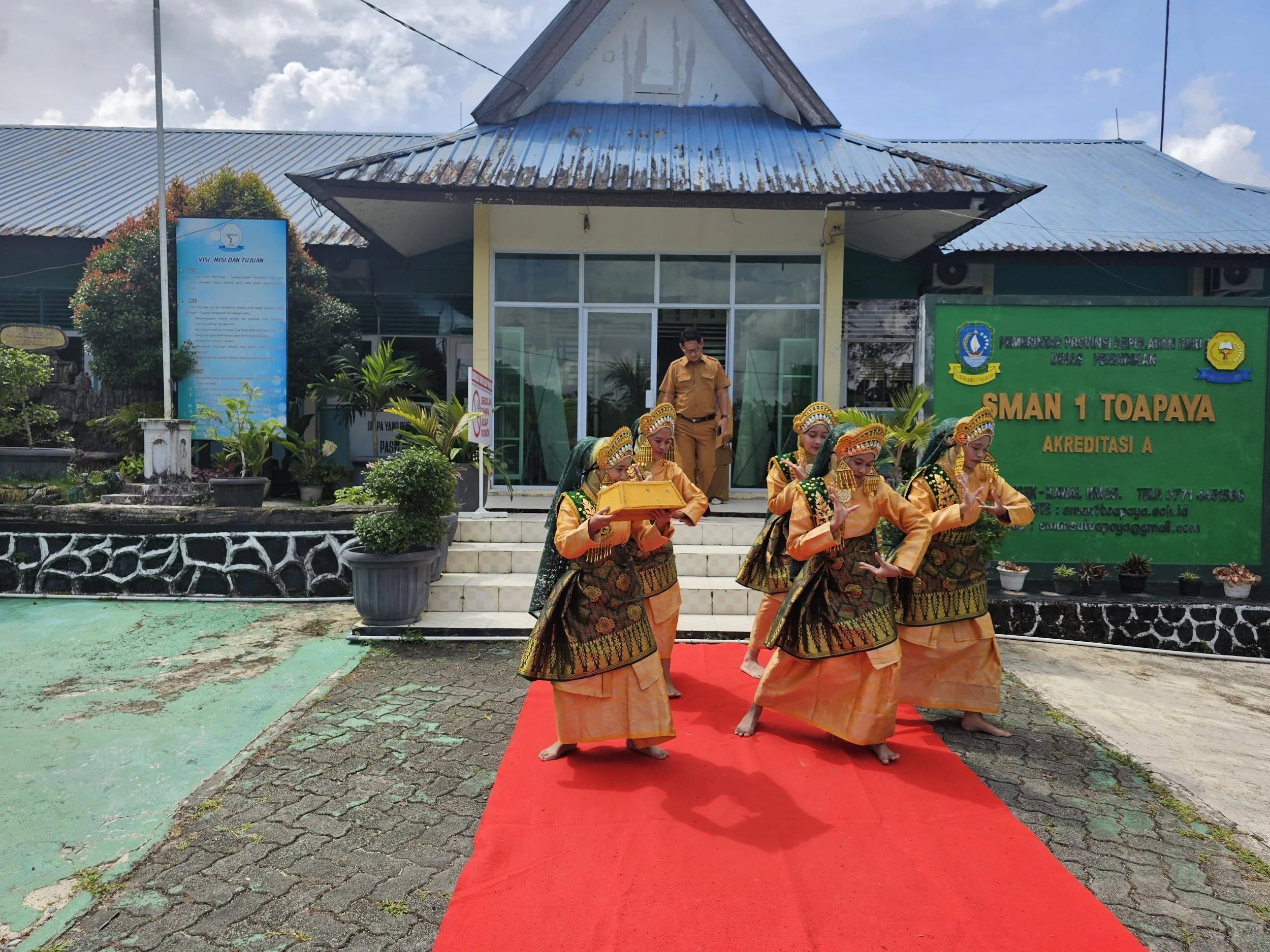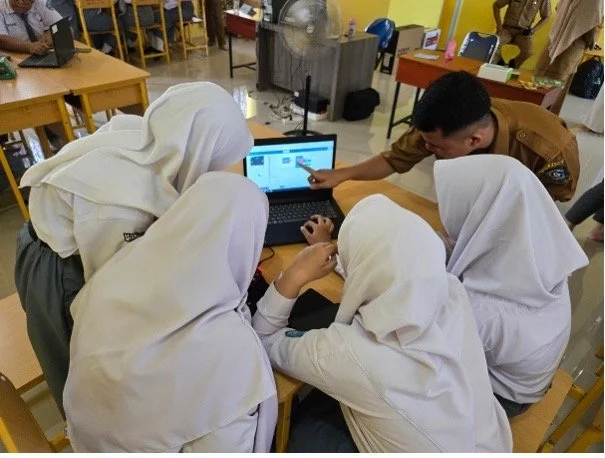STEM Teacher Capacity Building in Batam, Indonesia
The goal of this programme was to scale up our current STEM teacher capacity work in West Java to Batam. We collaborated with 100 STEM teachers in Riau province, including those in Batam, Bintan, and Tanjung Pinang. A total of 20 schools with a strong interest in STEM education were identified and 5 teachers able to spearhead STEM curriculum in the school were selected to attend the programme. These teachers had the responsibility of teaching their fellow teachers within their school and school district. The chosen teachers acquired knowledge and skills in coding devices such as micro:bit and integrated STEM curriculum design, enactment, and assessment.
The programme developed the teachers’ capacity in harnessing technologies in creating and enacting technology-based integrated STEM lessons. This was aligned to Indonesia’s reformed Merdeka Curriculum rolled out by the Ministry of Education, Culture, Research and Technology (MOECRT) in 2022.
The Programme consisted of four phases that offered STEM learning progression for Indonesian STEM educators through hybrid learning modes. The hybrid structure of the lessons ensured that Programme content continues to be delivered and overcomes the limitations of only face-to-face interactions with the meriSTEM@NIE team. Additionally, it served as a model for the Grade 9-12 STEM teacher participants, demonstrating practical approaches to virtual lesson delivery.
Programme Highlights
2024
2025
Foundational Courses on STEM Curriculum Integration and STEM Pedagogical Practices
4 January – 29 February 2024
At the Foundational level, participants accessed online micro-lessons, consisting of bite-sized videos, enabling independent and self-paced learning. These micro-lessons covered essential STEM content and e-pedagogies crucial for crafting integrated STEM lessons that fostered students' digital literacy, encompassing knowledge, skills, and attitudes.
Mastery Level Workshop on STEM Curriculum Integration, STEM Pedagogical Practices, and Coding
4 — 5 March 2024
The first session of the mastery level workshop was held at Golden View Hotel, Batam, from March 4 to 5, 2024. One hundred participants from 20 schools, comprising an average of five teachers per school, participated in intensive training sessions.
Throughout the two-day workshop session, participants attended lectures conducted by meriSTEM@NIE consultants and participated in hands-on and facilitated sessions (e.g., using Internet of Things [IoT]- enabled devices, coding software/platforms). Participants engaged in computational thinking, design thinking, inquiry, heuristic thinking, and engineering design thinking. The face-to-face engagement with meriSTEM@NIE consultants consolidated participants’ understanding of the knowledge acquired at the foundational level.
8 — 9 March 2024
The second session of the Mastery level workshop was held at AP Premier Hotel, Batam, from July 8 to 9, 2024. The participants delved deeper into the technology of micro:bit and discussed how to develop their proposed lesson plans further. In this session, participants continued their learning from Part 1, advancing their skills in coding and using the Grove Inventor Kit for micro:bit. They also explored the integration of these technologies into their STEM lesson plans. The session included detailed discussions and hands-on activities to reinforce their understanding and application of the tools. The workshop emphasised computational thinking, design thinking, inquiry, heuristic thinking, and engineering design thinking. Participants engaged in practical activities, solidifying their ability to integrate STEM concepts into their teaching practices. The hands-on sessions allowed participants to experiment with IoT-enabled devices and coding platforms, ensuring they were well-prepared to implement these technologies in their classrooms.
STEM Lesson Package Development and Consultations
March — July 2024
Following the mastery level workshops, this phase focused on refining participants' Technological Content Knowledge (TCK) and Technological Pedagogical Content Knowledge (TPCK), empowering them to design and implement integrated STEM lessons that cultivate digital literacy. The participants collaborated in school-based teams to apply their learning from both phases and created comprehensive lesson packages. These packages integrated e-pedagogies informed by participants’ TCK and TPCK, fostering a sense of ownership in STEM curriculum development. Following the workshop, teachers began developing STEM lesson packages. Each school was required to submit one STEM lesson package for evaluation and feedback from meriSTEM@NIE consultants. 20 draft STEM lesson packages, one from each school, were meticulously crafted, incorporating innovative teaching methodologies and hands-on learning experiences.
STEM Educators Symposium
31 October 2024
This symposium served as a culmination of a structured programme aimed at enhancing the quality of STEM education through innovative lesson planning. This programme guided participants through several stages, including initial development, iterative feedback sessions, and the refinement of lesson plans tailored to foster critical STEM skills in students. At the symposium, 97 participants from the Riau Islands, primarily from Batam and Bintan, presented their finalised lesson plans. A distinguished panel of judges, comprising consultants from meriSTEM@NIE and officials from regional education offices, assessed each lesson plan using a comprehensive evaluation rubric. The rubric focused on criteria such as creativity, interdisciplinary connections, technological integration, and effective implementation of STEM practices. Based on these assessments, the top 5 teams received awards and prize money from Caterpillar Foundation for their exemplary STEM lesson packages.
Phase 4: On-Site Lesson Observations
28 – 30 April 2025
Participants' lesson plans and teaching strategies were evaluated through on-site observations. Consultants assessed the practical application of the integrated STEM lessons, offering real-time feedback and guidance. This phase was crucial for ensuring that the theoretical knowledge and pedagogical techniques gained during the workshops were effectively translated into classroom practices.

